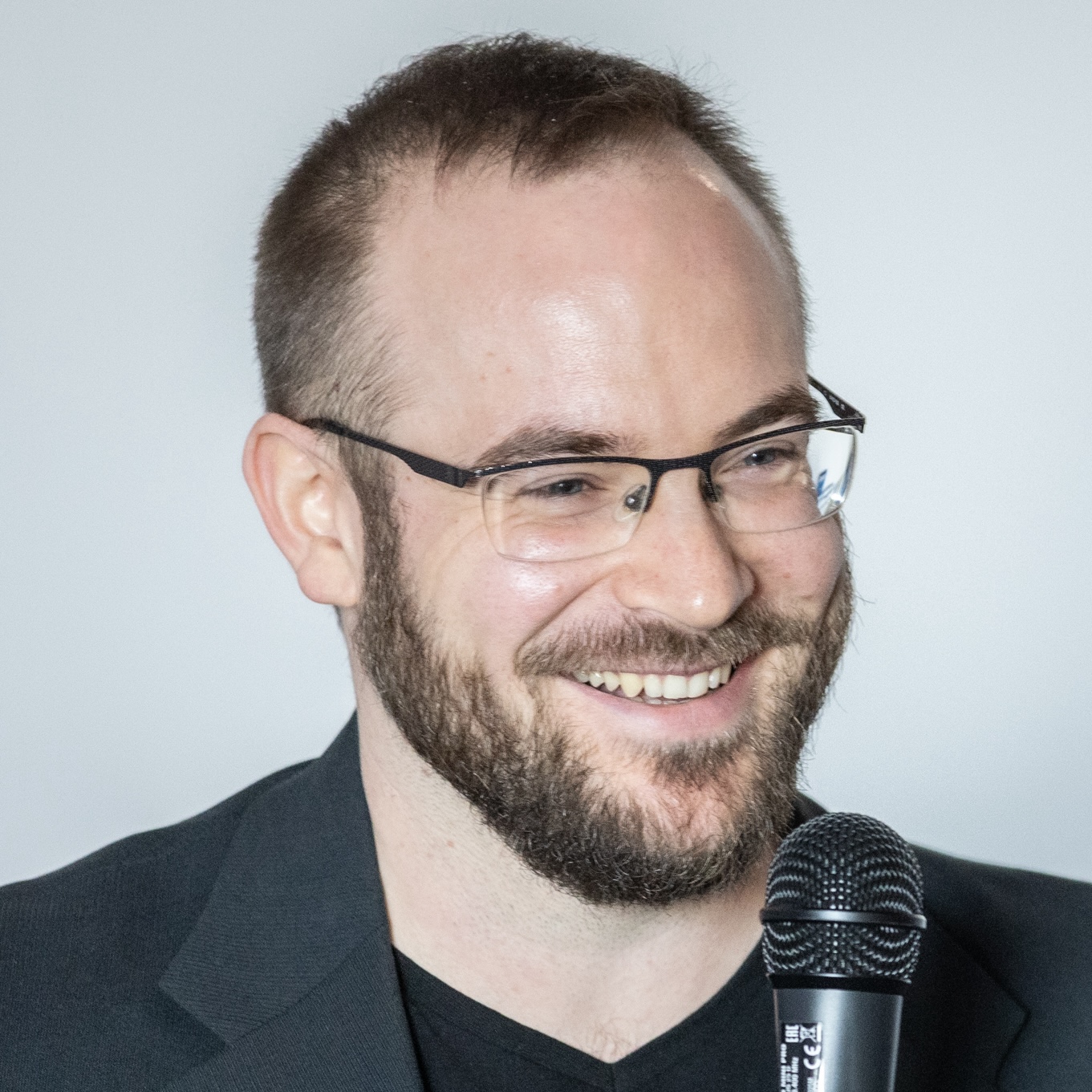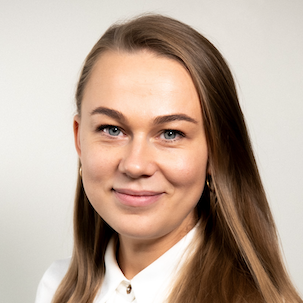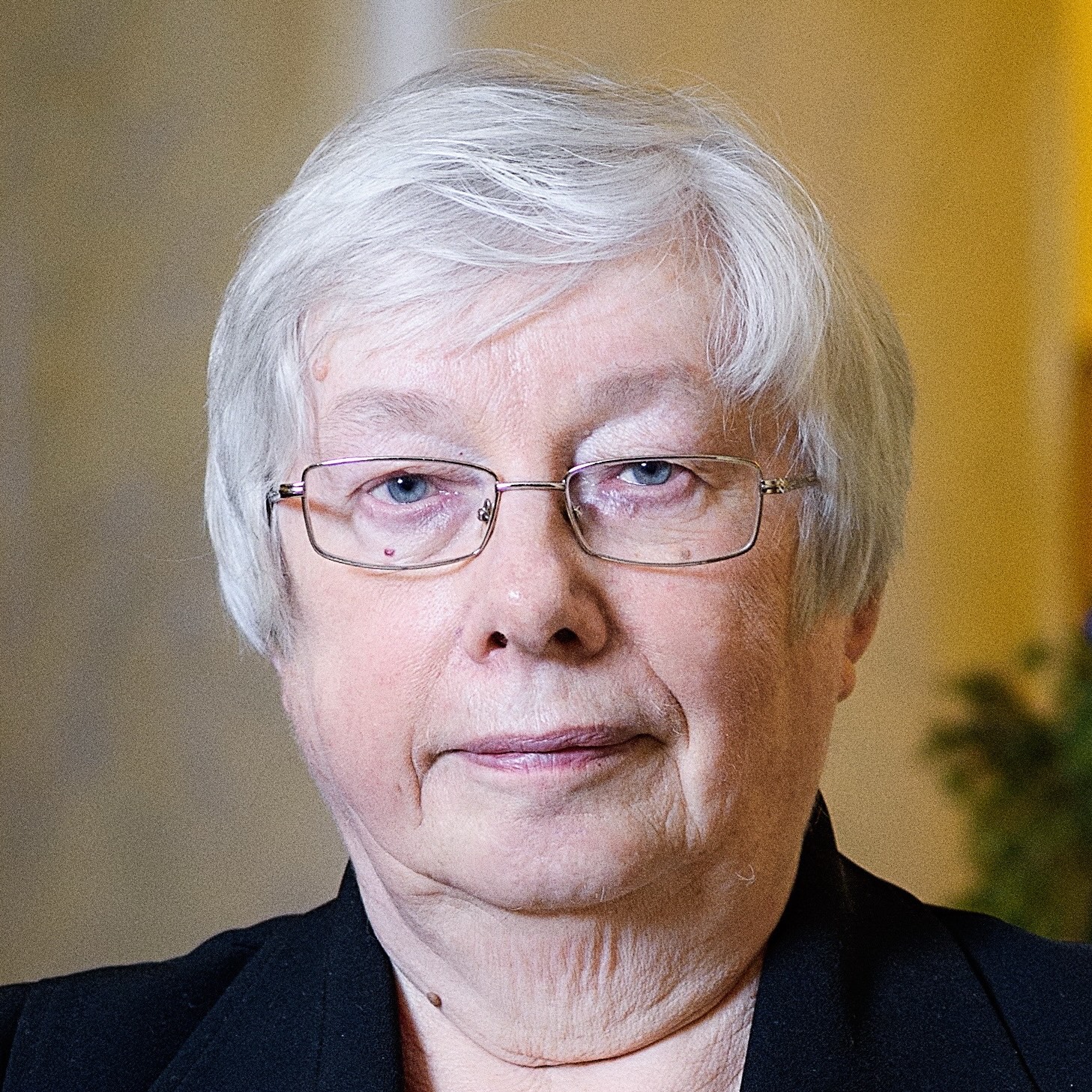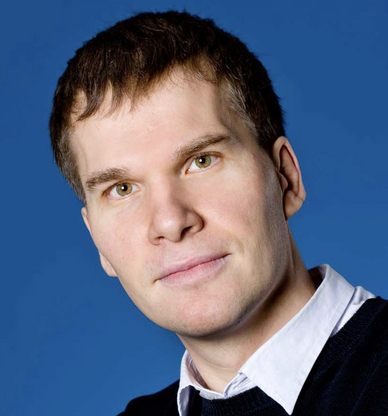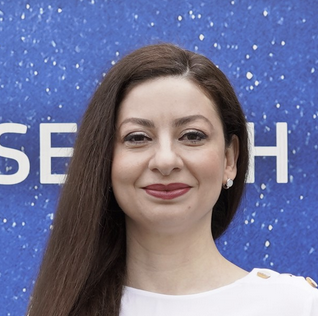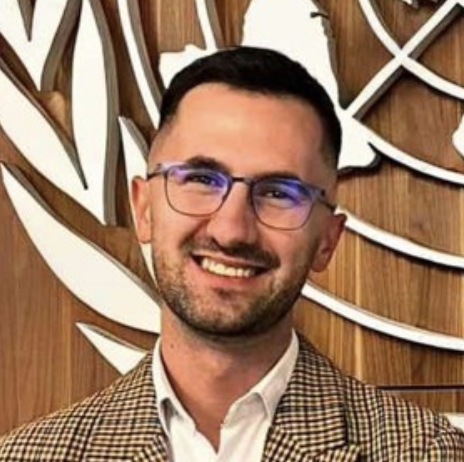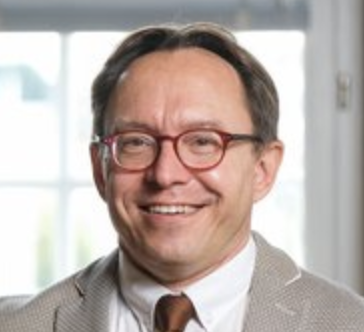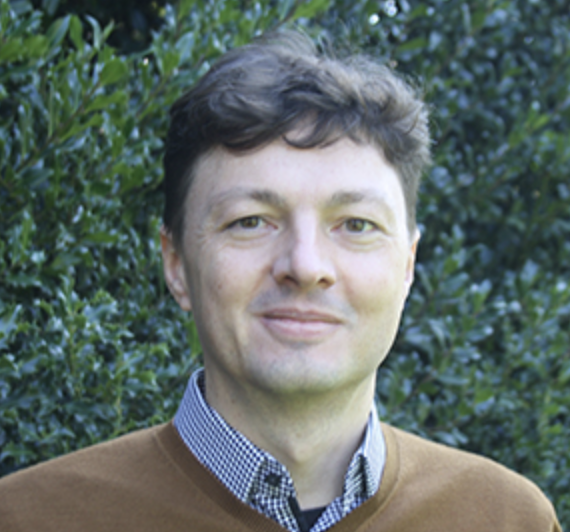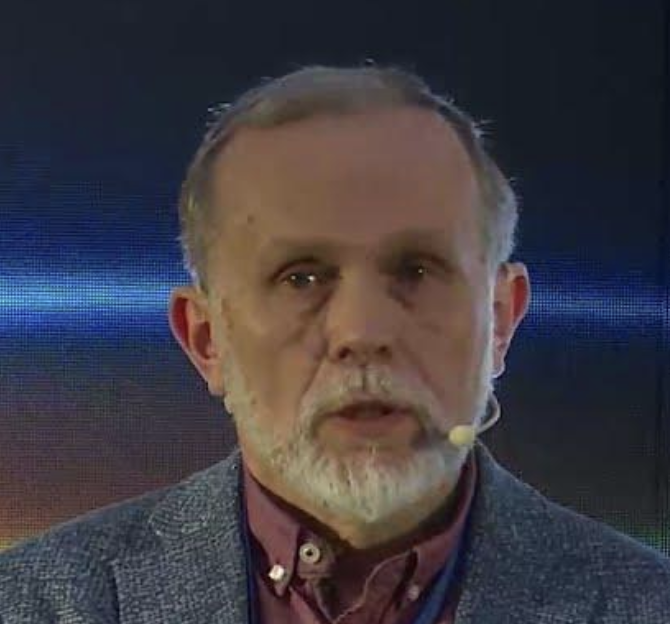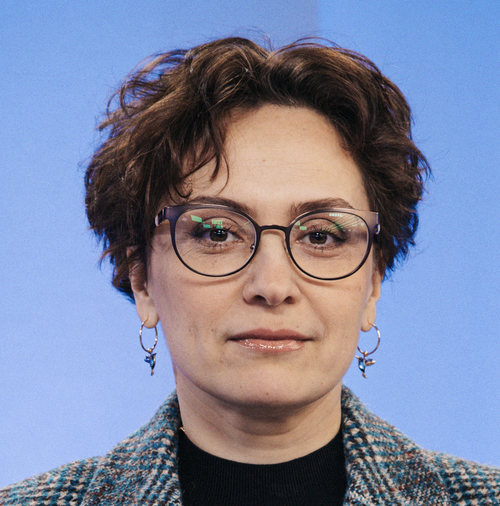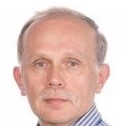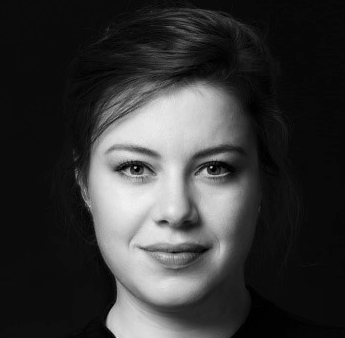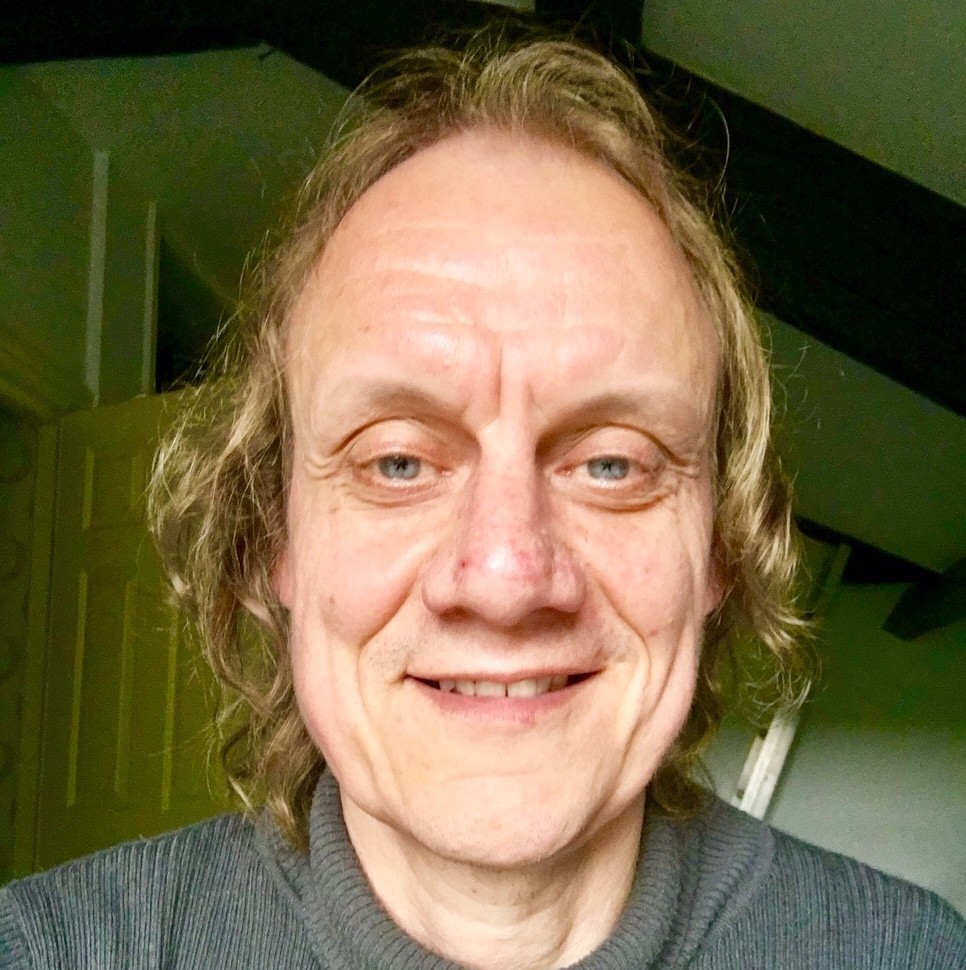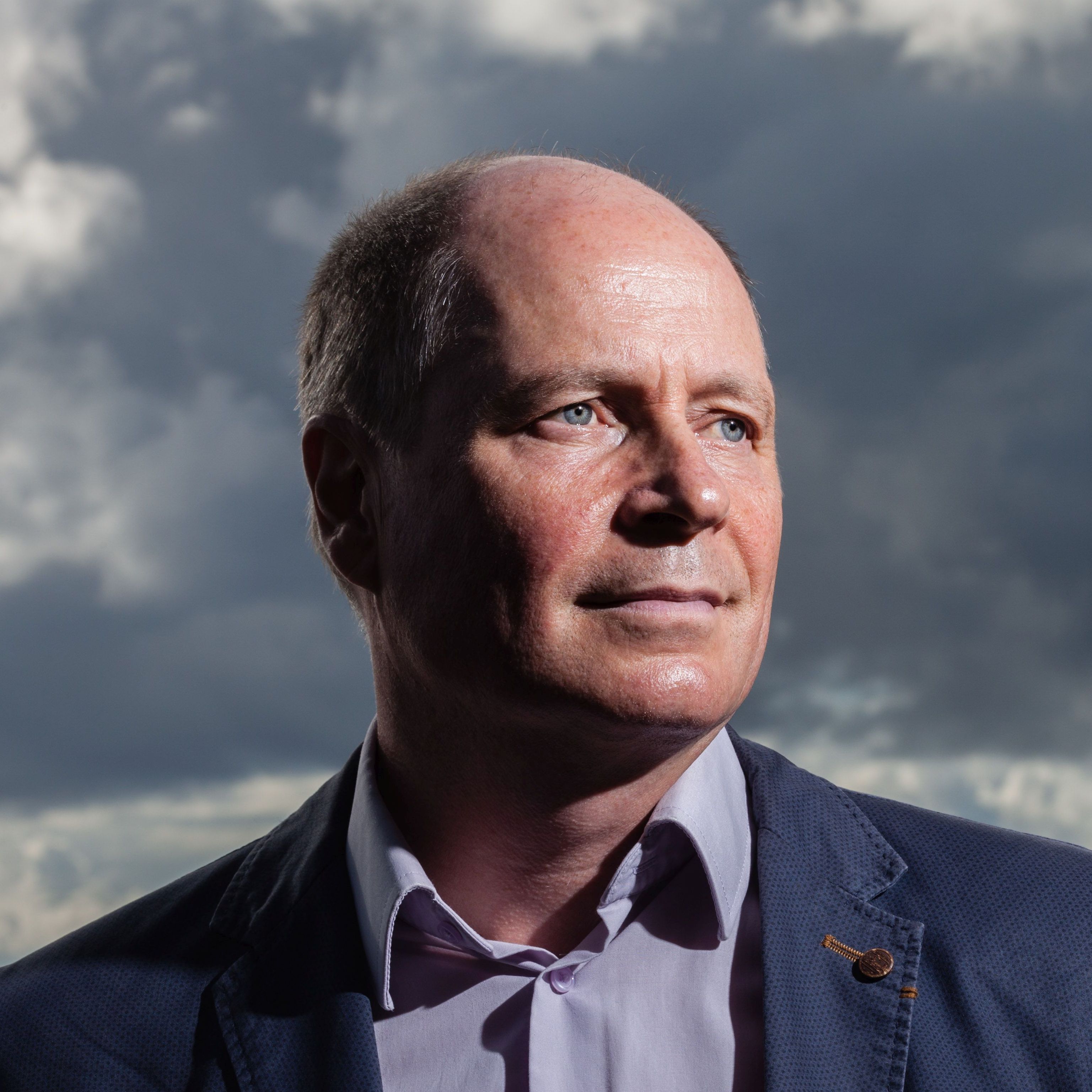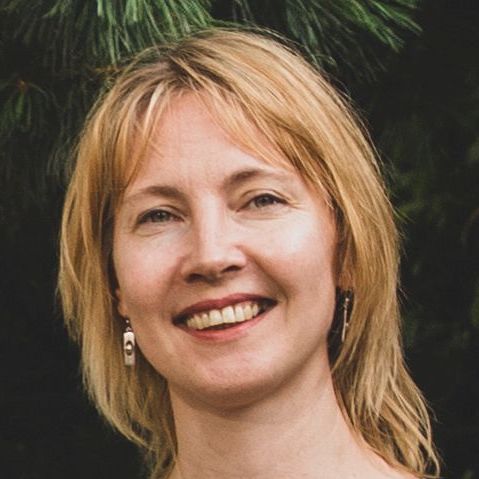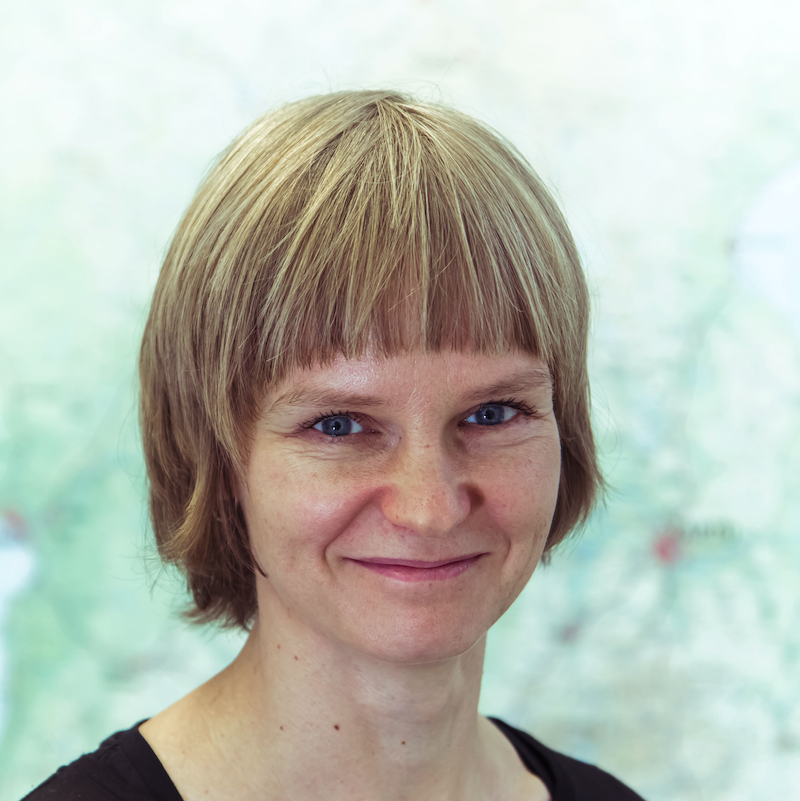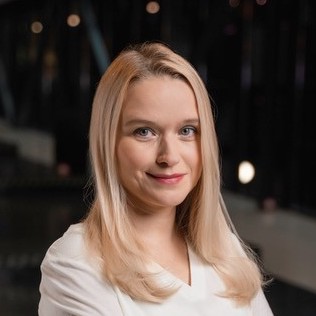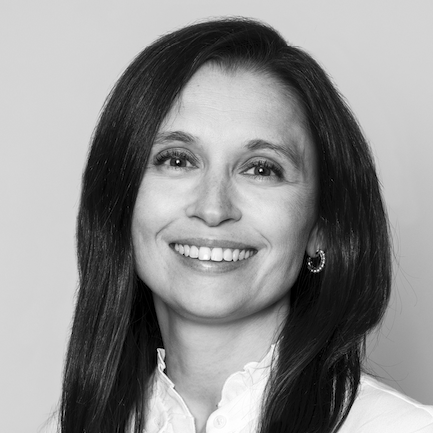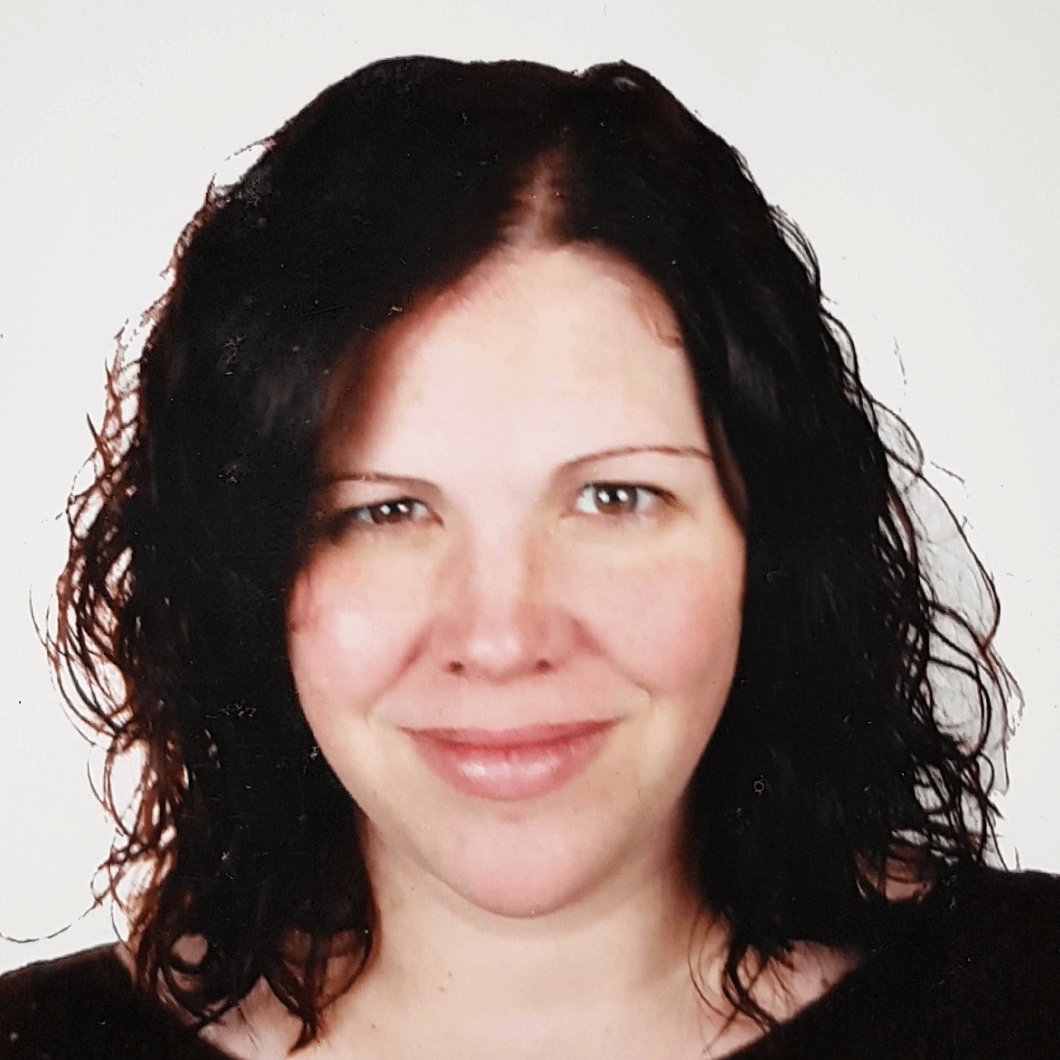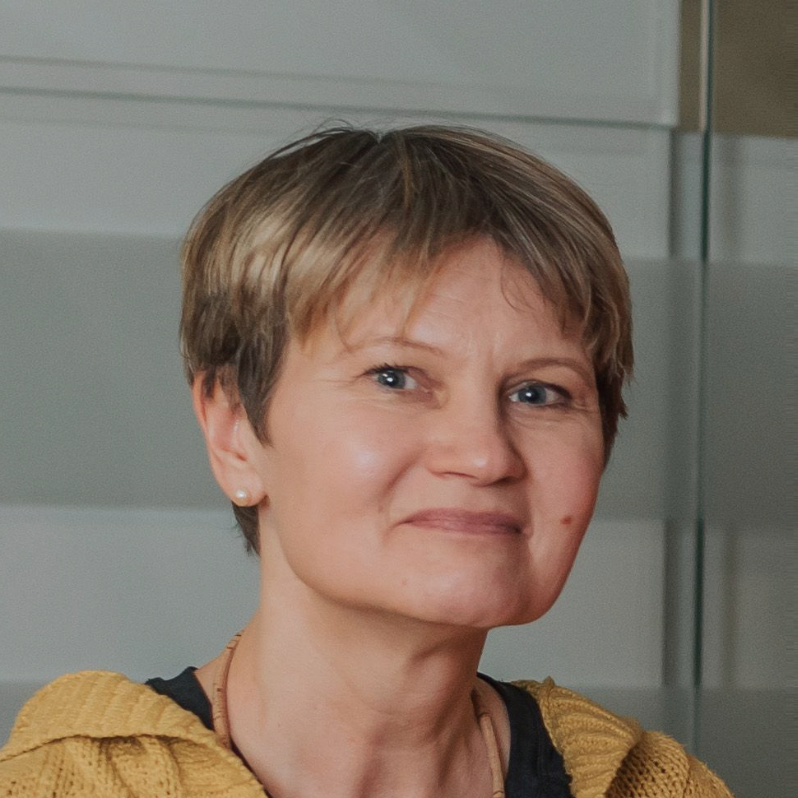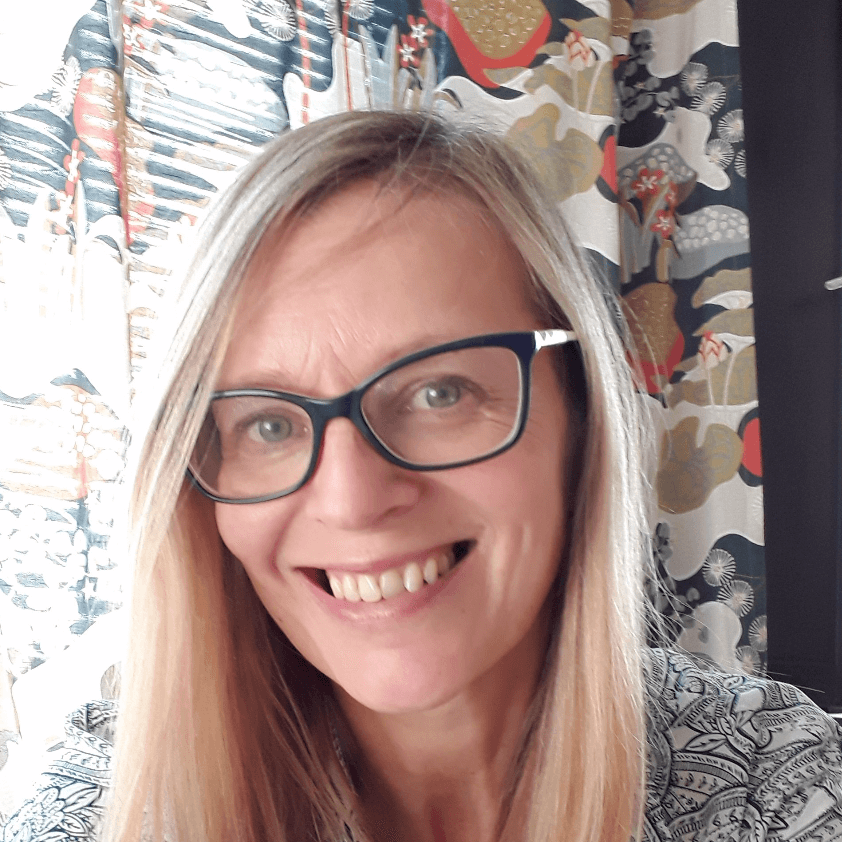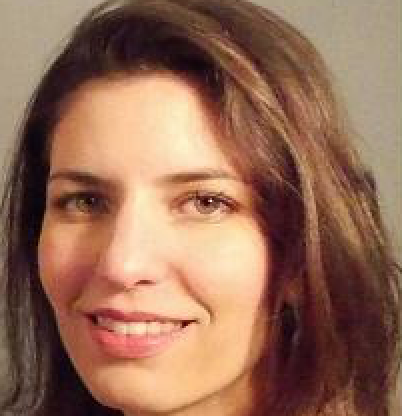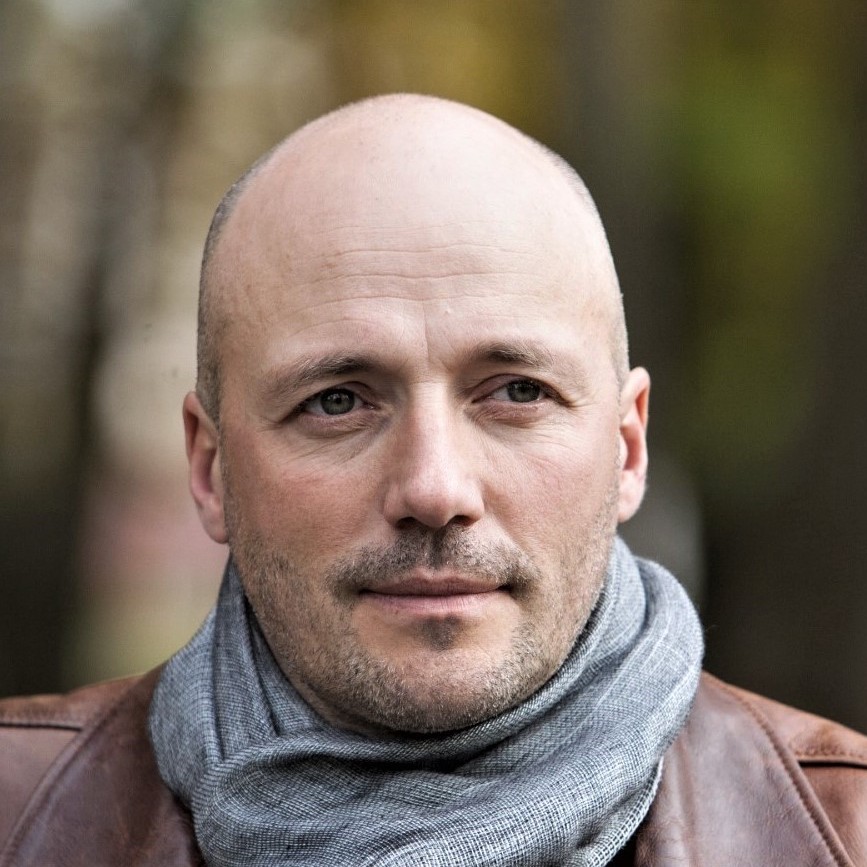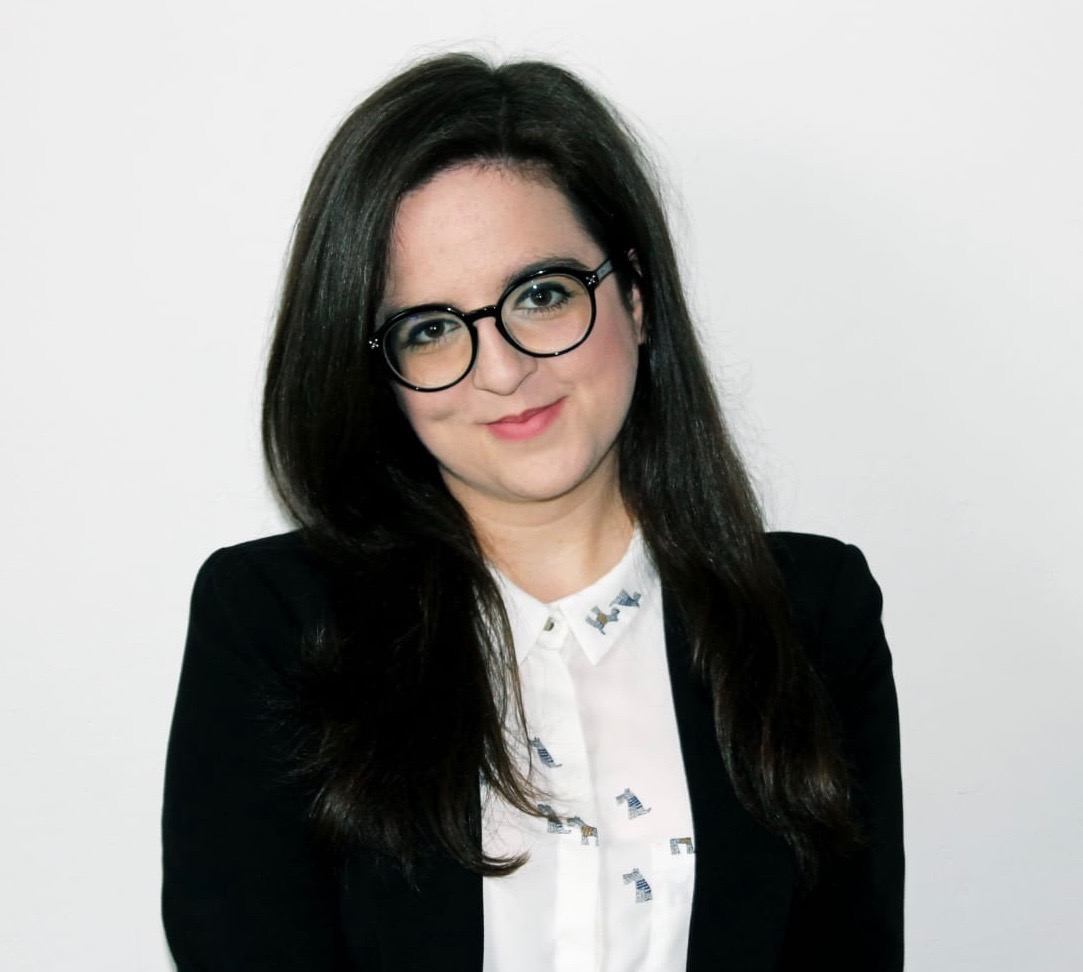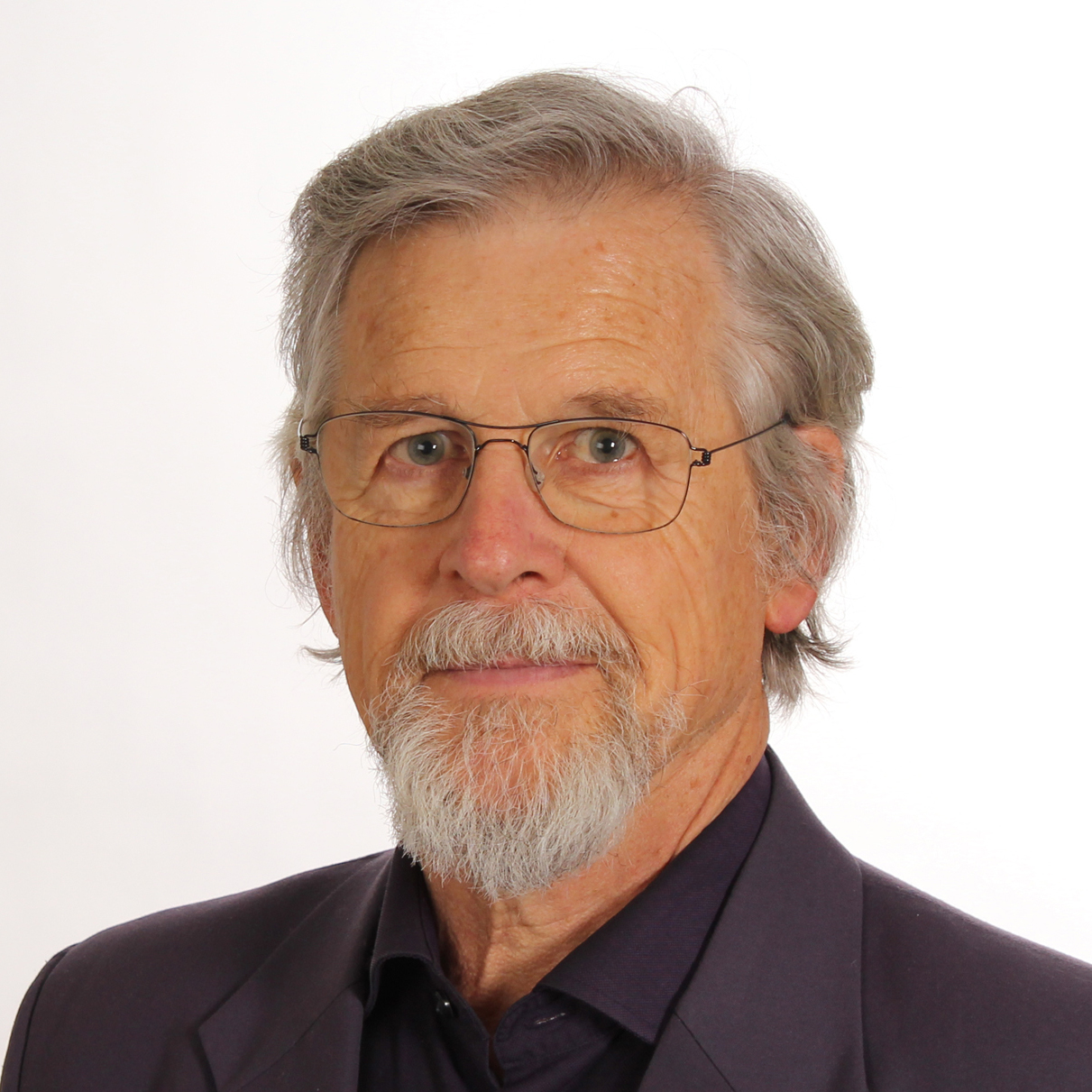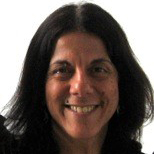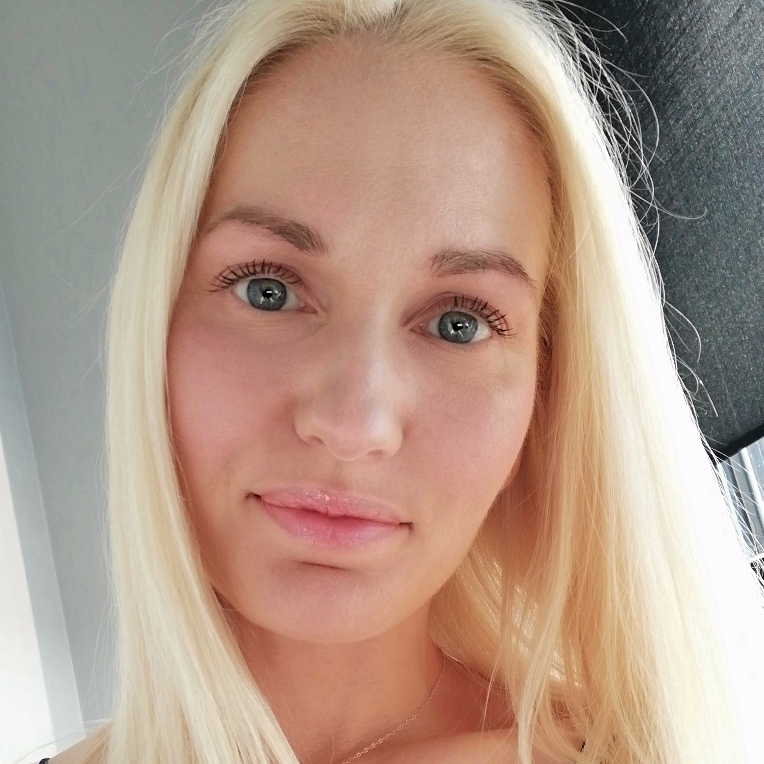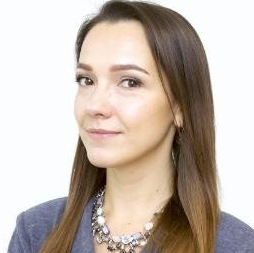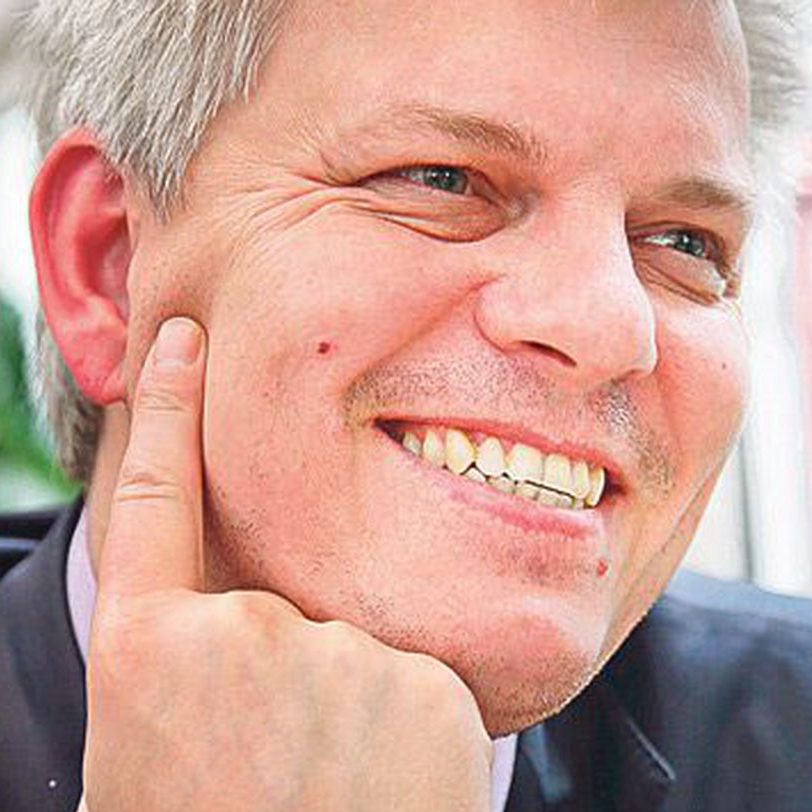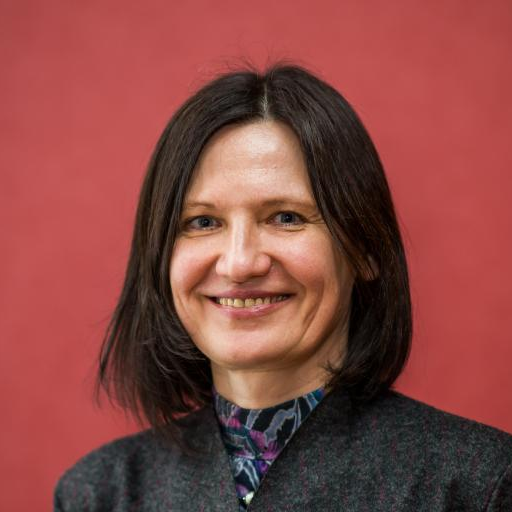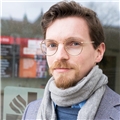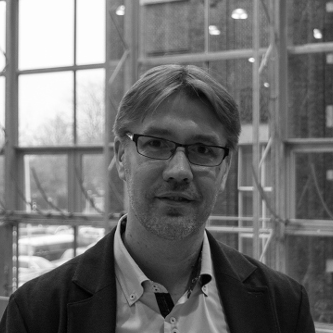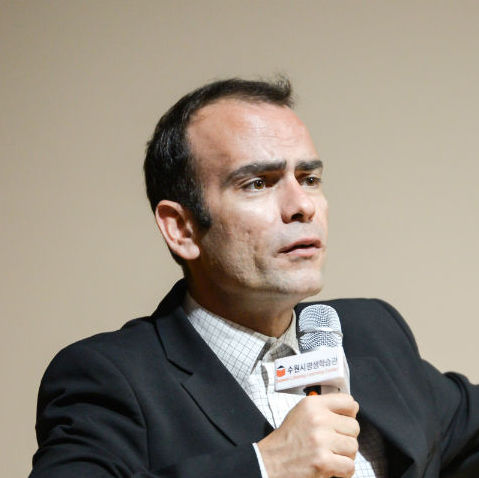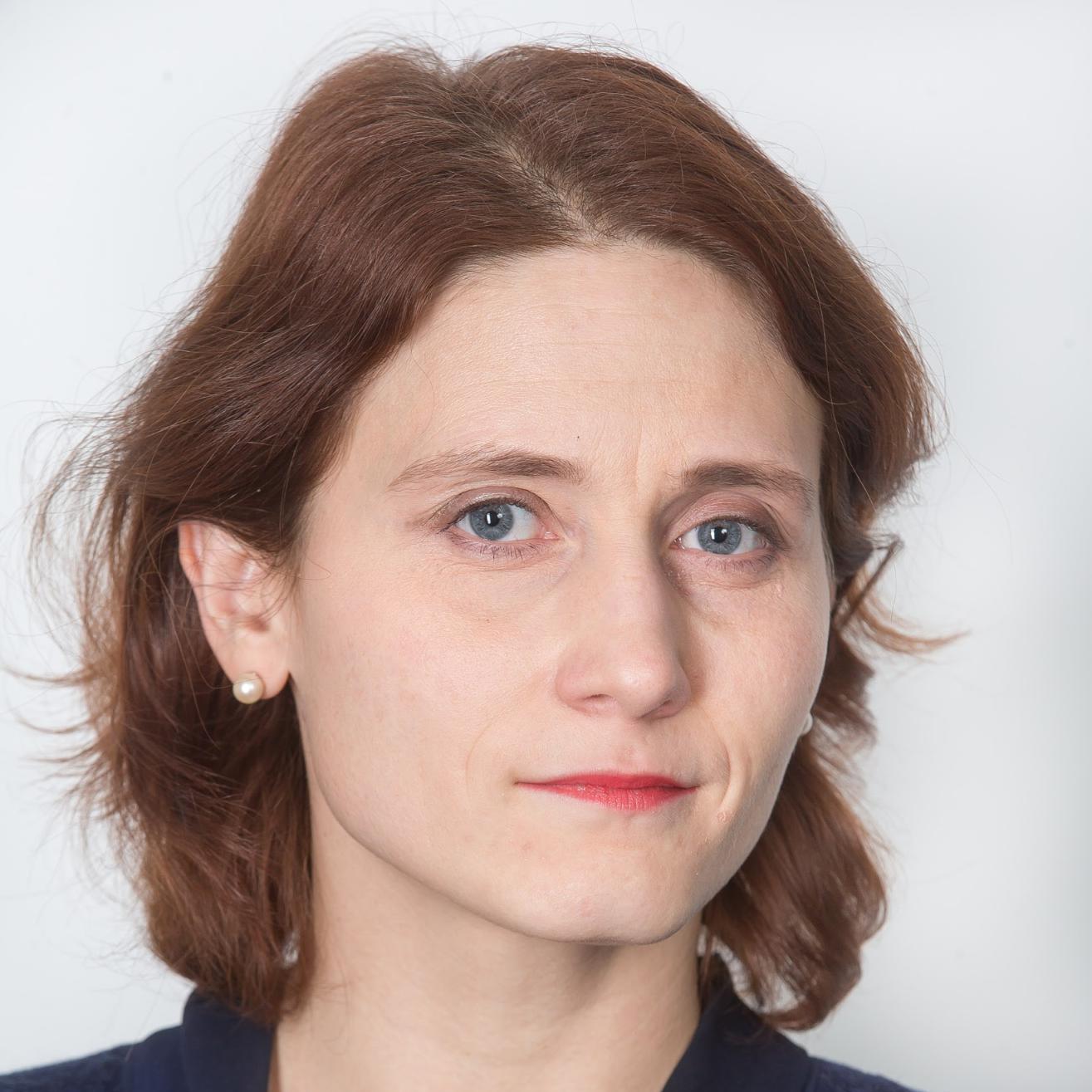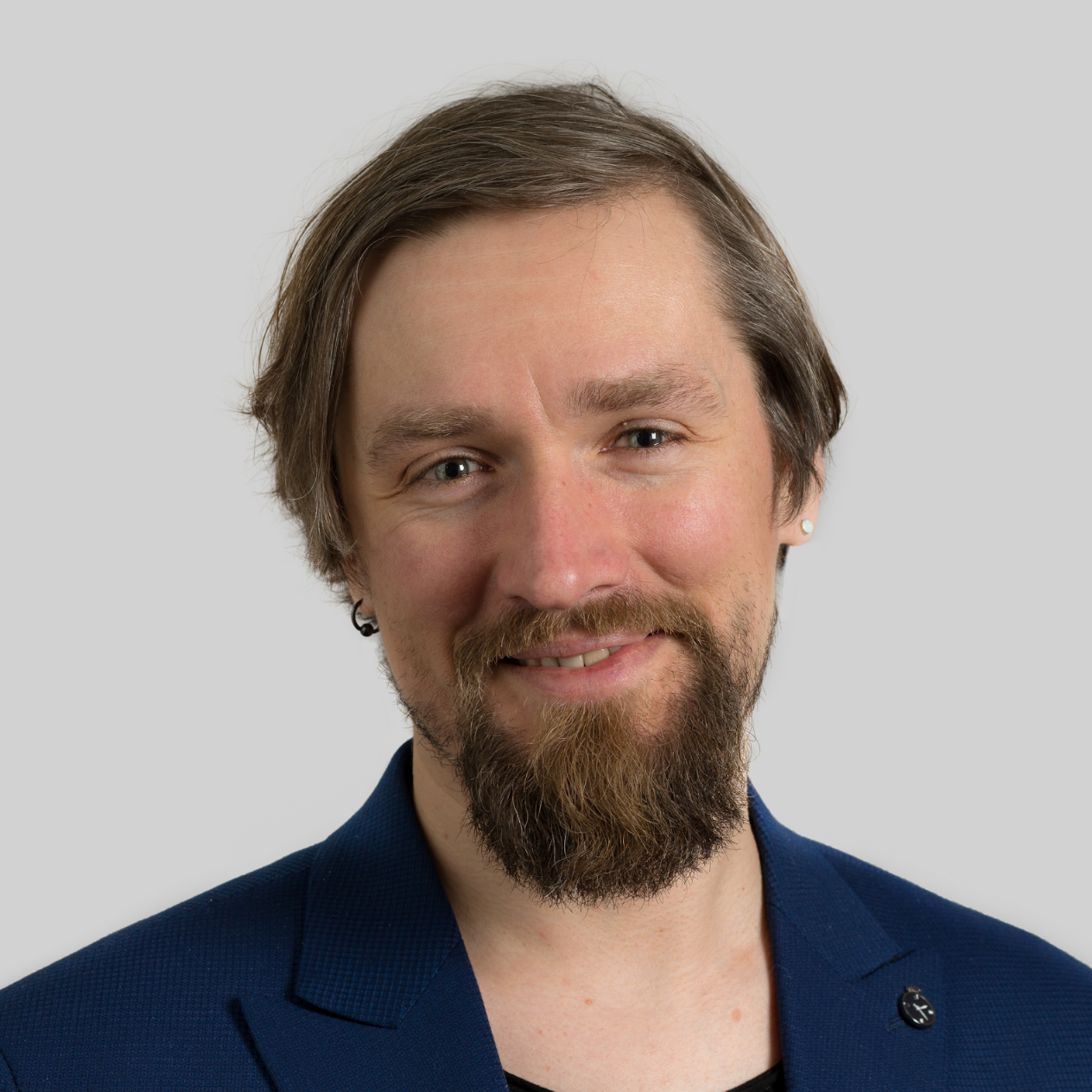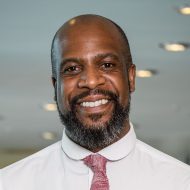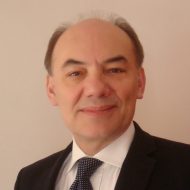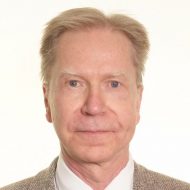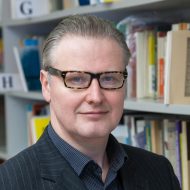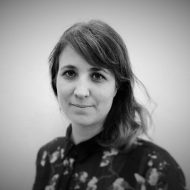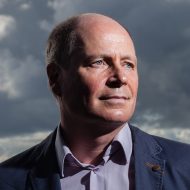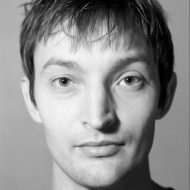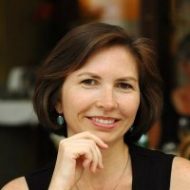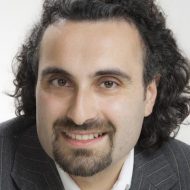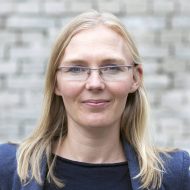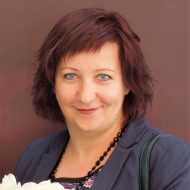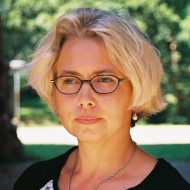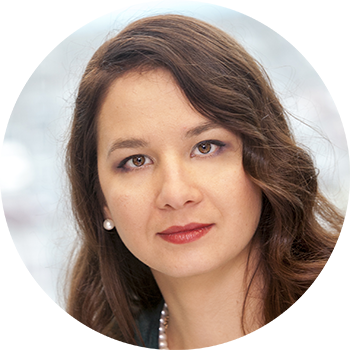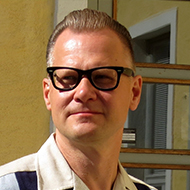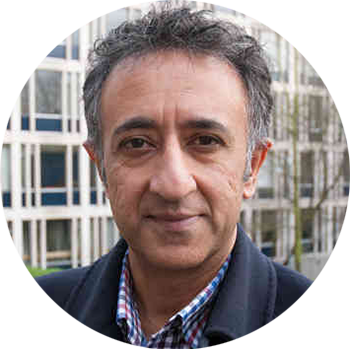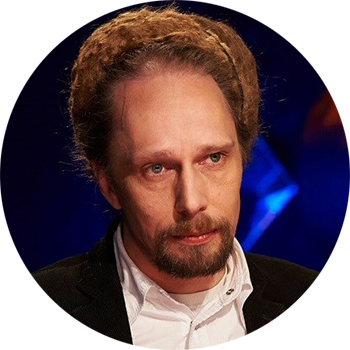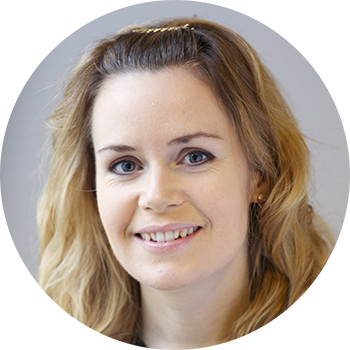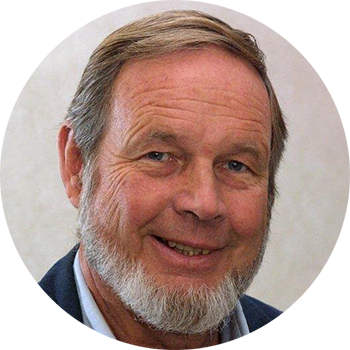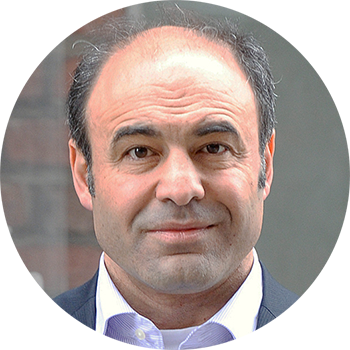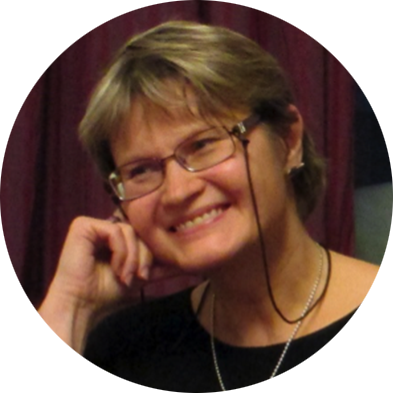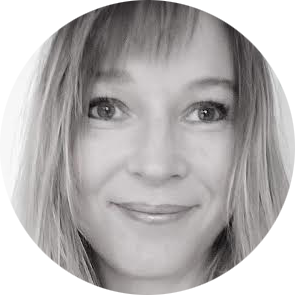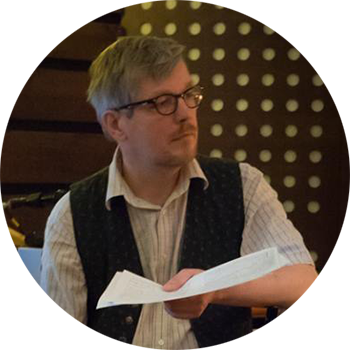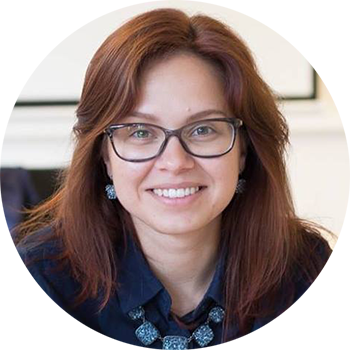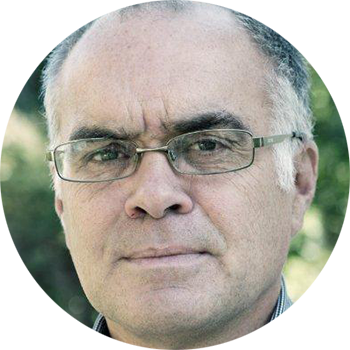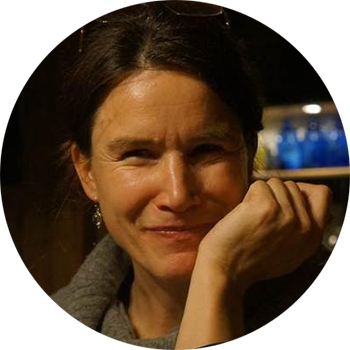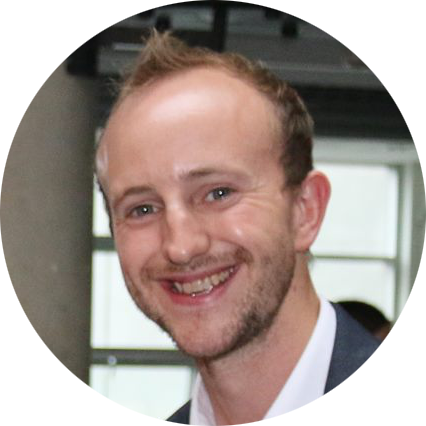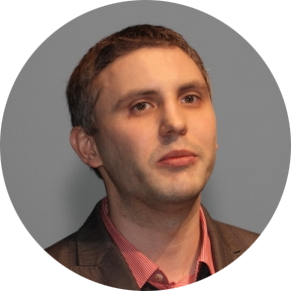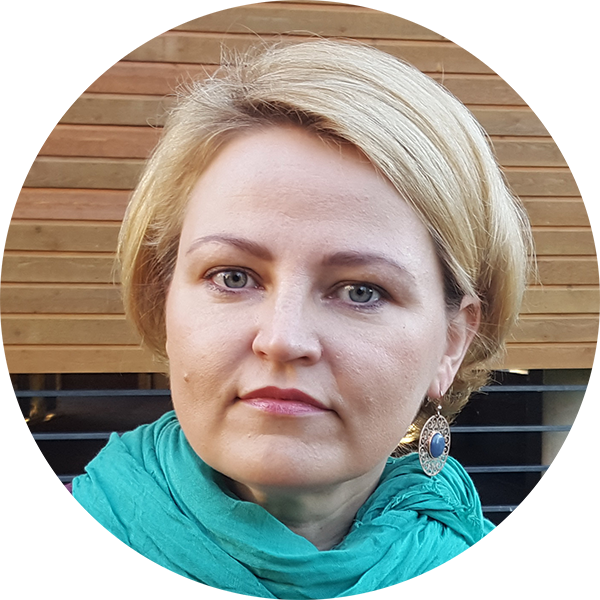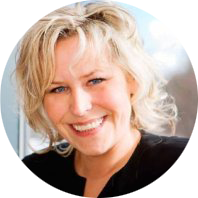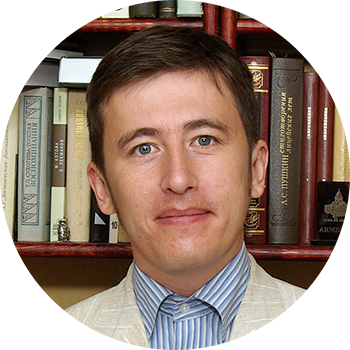2024
“Cultural diversity – an obstacle or an opportunity in shaping a cohesive society?”
Info and photos
Presentation videos
Opening words by Minister of Culture, Heidy Purga and director of the Integration Foundation, Dmitri Moskovtsev
First Discussion: Cultural diversity – the life jacket for democracy?

Dr Agnese Cimdina
Head of Diversity & Inclusion practice in the Baltics, PwC Latvia
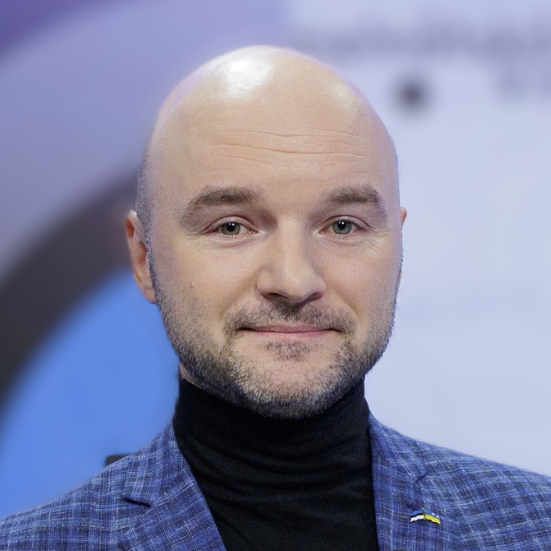
Dmitri Teperik
Director, National Centre of Defence & Security Awareness (NCDSA), Estonia

Dainius Babilas
Department of National Minorities, Lithuanian Government
Panel discussion
Welcome remarks by the U.S. Ambassador to Estonia Mr George P. Kent

JJ Green
„Cultural diversity and migration, conflicts and peace – observations from the USA and the world”. Moderator Neeme Raud
Political debate
Political debate of Estonian parliamentary parties
Second Discussion: Information space, culture space, values space – how to bridge them in era of digital bubbles?

Prof. Bridget Kendall
University of Cambridge

Prof. Maria Murumaa-Mengel
Associate Professor of Media Studies at the Institute of Social Studies, University of Tartu
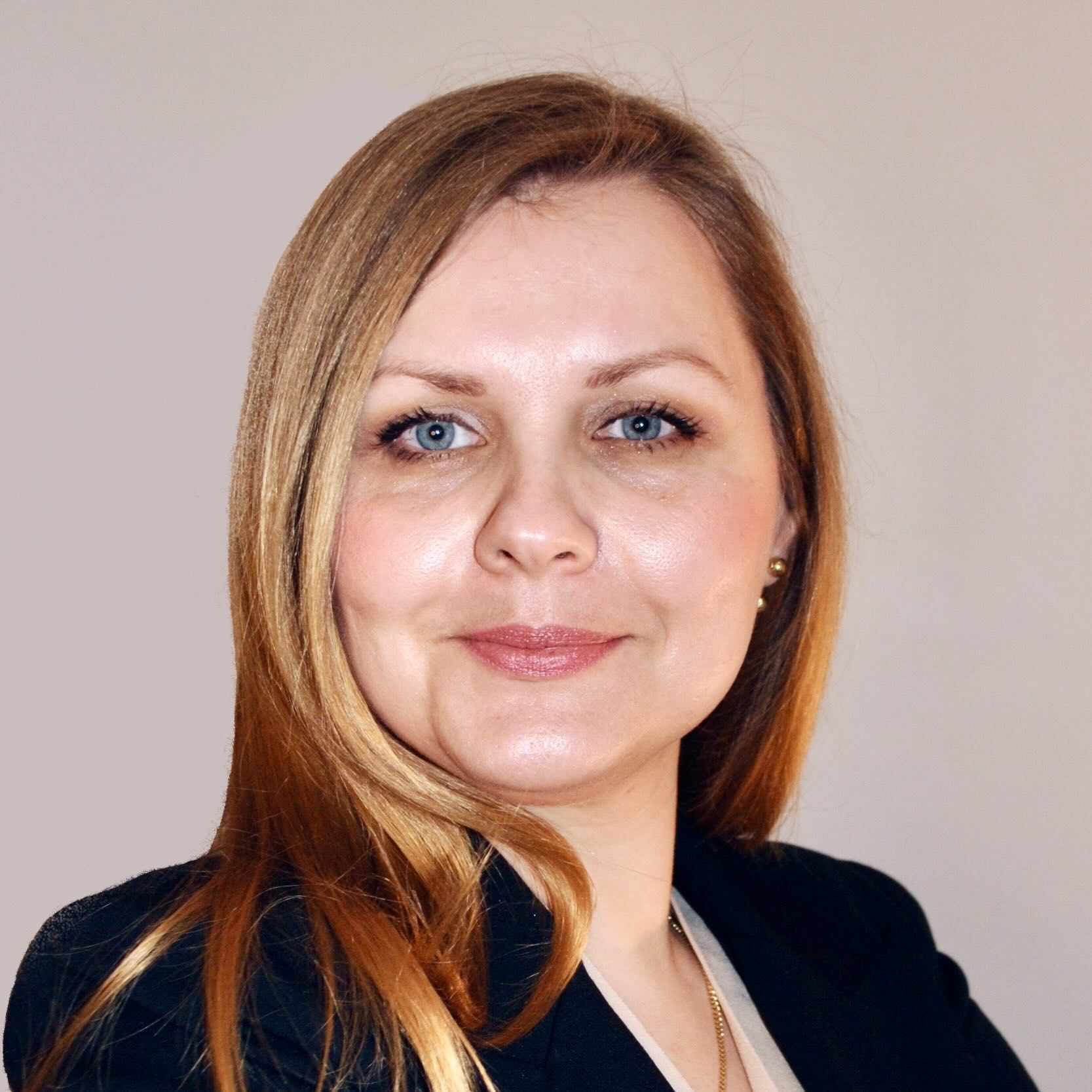
Dr Solvita Denisa-Liepniece
Senior Program Manager at IREX
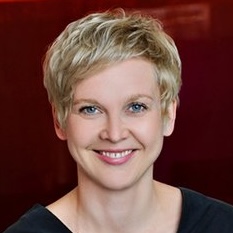
Claudia Schröter
Film producer, “Turning tables”
Panel discussion
2023
From Security to Solidarity: Challenges of Integration in the Times of Crisis
Conference programme and speakers’ abstracts in three languages
Photo gallery
Opening remarks. Eda Silberg (Undersecretary for Cultural Diversity of the Ministry of Culture)
Opening remarks. Dmitri Moskovtsev (Director of the Integration Foundation)
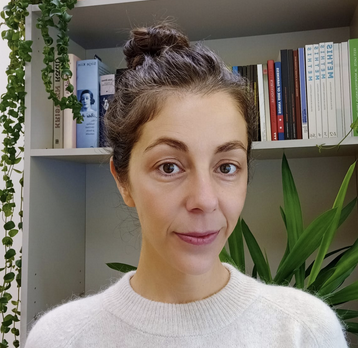
Tanya Escudero
“Improving Communication with Migrants for Crisis Preparedness: Lessons Learned From COVID-19”
Panel 1: Problems of forced migration: Social and Economic Aspects
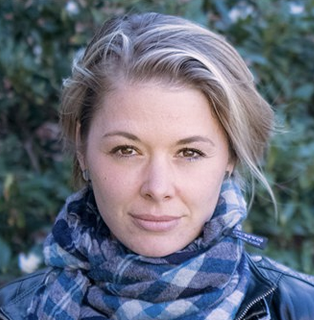
Hanna Hellgren
„Speaking Swedish – The Role of Language Skills in an Integration Support Project“
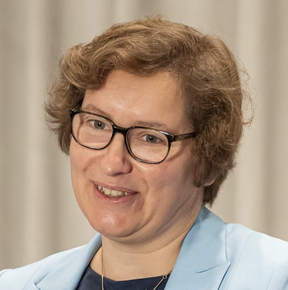
Marian Benbow Pfisterer
„Needs, Intentions and Integration Challenges of Displaced Populations“
Panel discussion
Panel 2: War Refugee Integration: Academic Approach vs. Practice
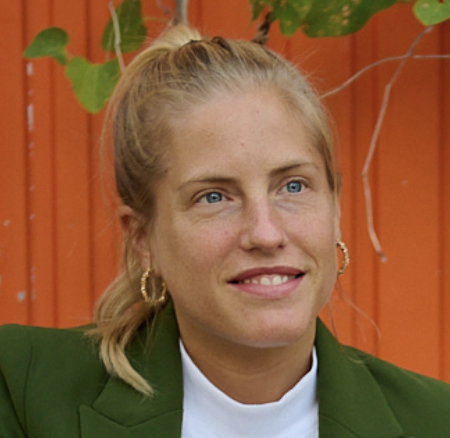
Gina Balsiger
„The societal integration of Ukrainian war refugees in Switzerland since March 2022: Structural problems, missed opportunities and possible improvements“
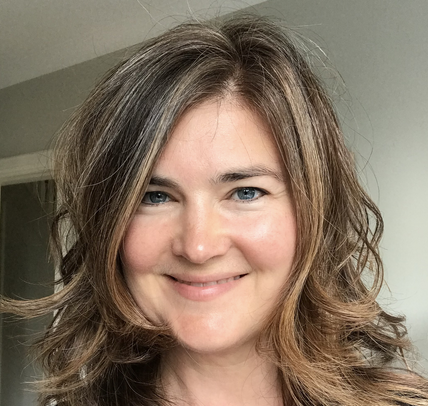
Sara Cook
„Psychosocial integration: Supporting war refugee integration through a trauma-informed lens“
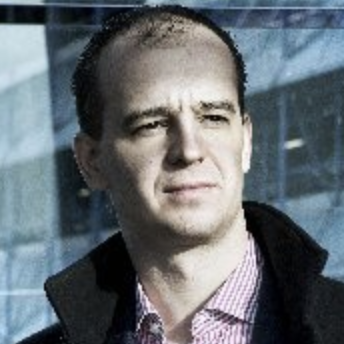
Jan Kovář
„Refugees Integration in Central Europe: What is the Role of the Discourses surrounding Immigrants and Refugees“
Panel discussion
Panel 3: Best Integration Practices for the European Union and beyond
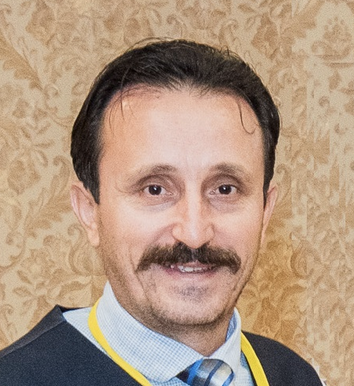
Ercan Küçükarslan
„ENABLE Project as a way of Best Integration Practices for the European Union and beyond“
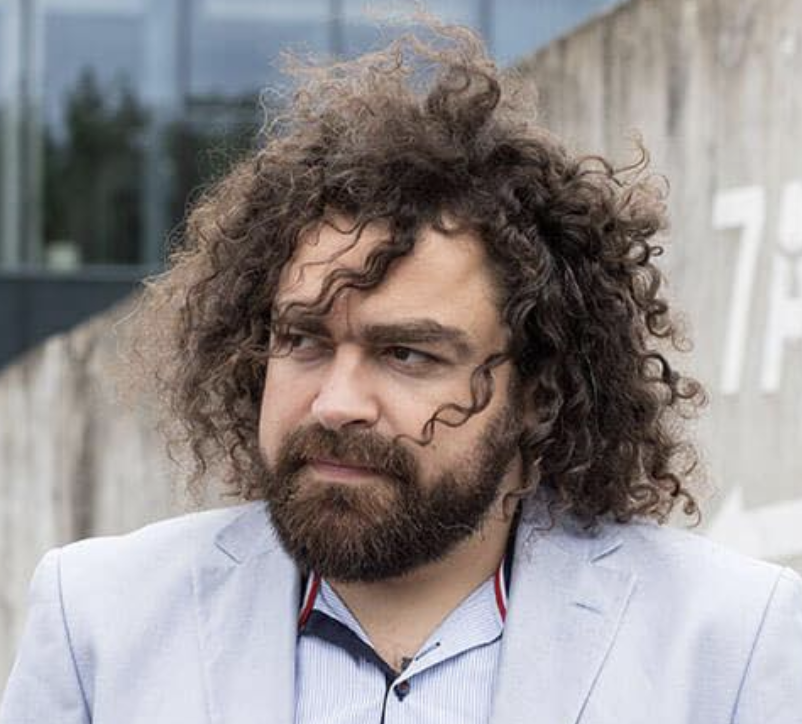
Karolis Žibas
„Effective inclusion of refugees: Participatory approaches for practitioners at the local level“
Panel discussion
Panel 4: Social Cohesion and State Security: Where Is the Line?
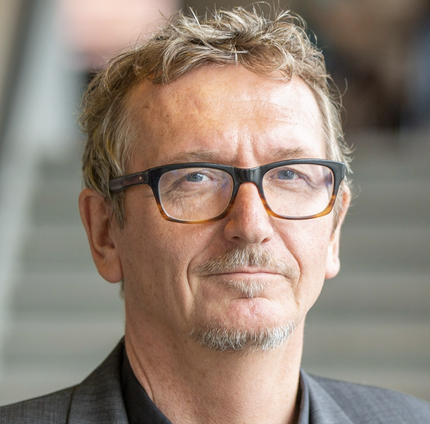
Maurice Crul
„The New Minority. People Without a Migration Background in the Superdiverse City“
Panel discussion
Political debate
Political debate between Estonian politicians
2022
Together or Apart: Searching for the Middle Ground
Conference programme and speakers’ abstracts in three languages
Photo gallery
Opening of the conference
Opening remarks (Piret Hartman, Minister of Culture)
Opening remarks (Dmitri Moskovtsev, director of Integration Foundation)
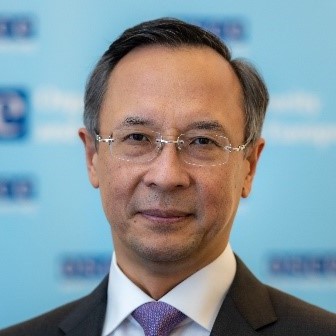
Ambassador Kairat Abdrakhmanov
’The OSCE HCNM Ljubljana Guidelines on Integration of Diverse Societies: a practical reference for integration policies’
Panel on segregation
Speeches and panel discussion on segregation
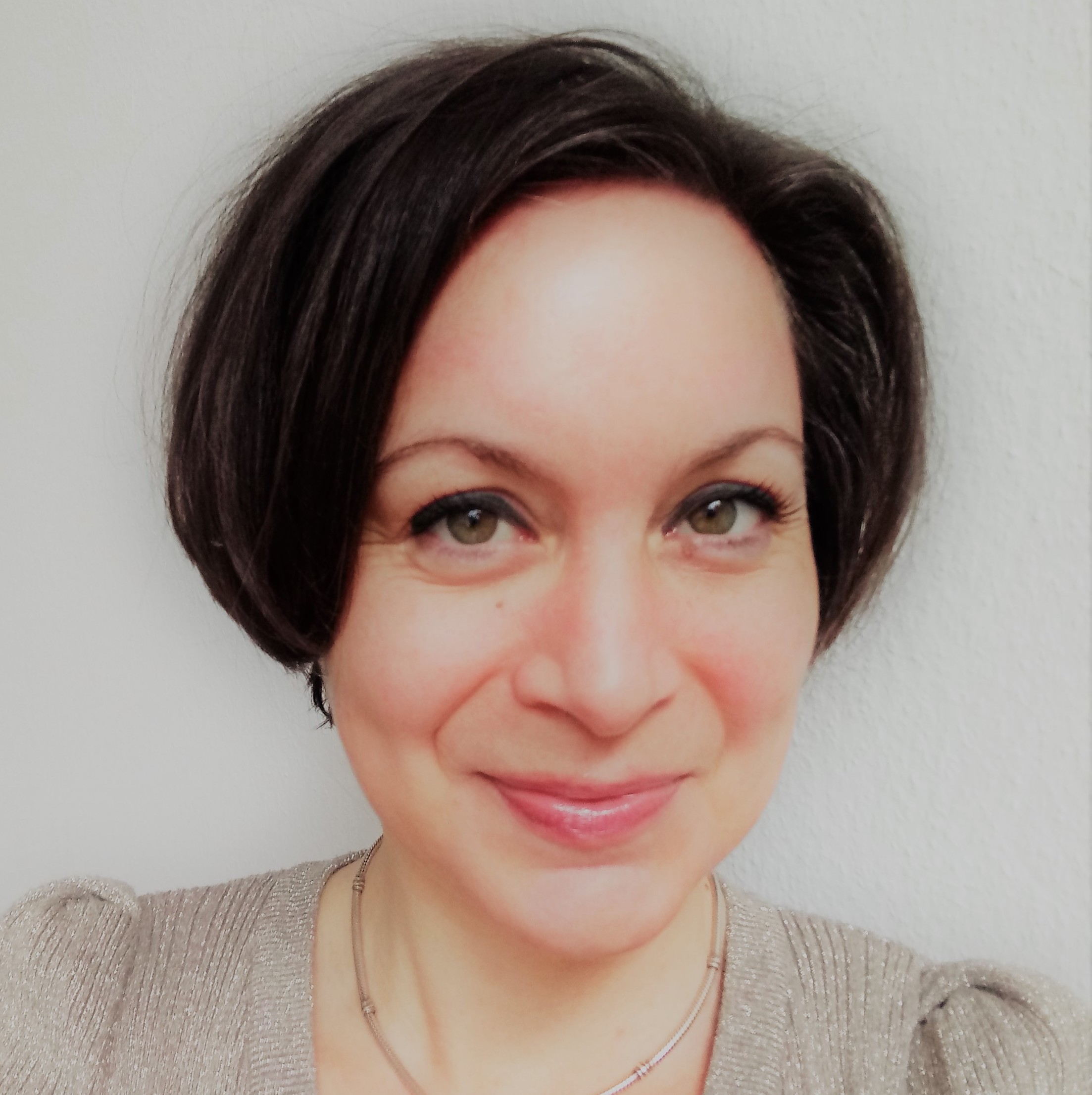
Judit Kende
‘Low xenophobia despite high immigrant presence? A call for inclusive integration policies’
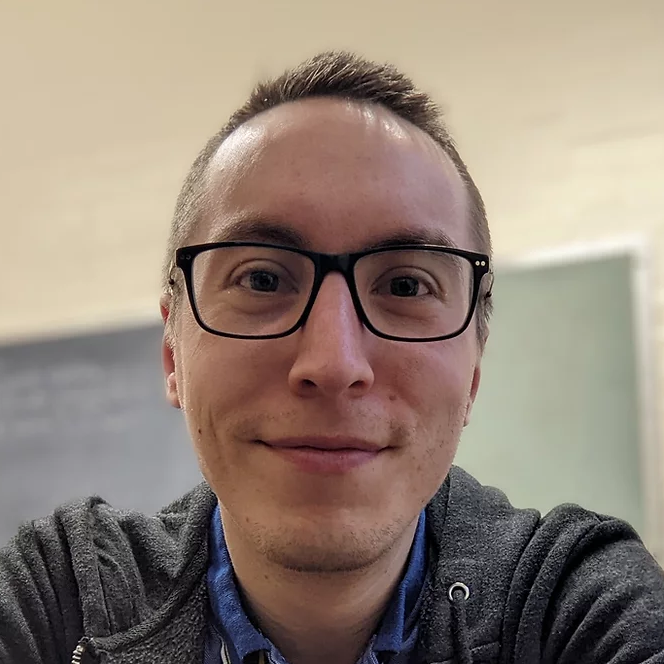
Patrick Kotzur
‘Intergroup contact with refugees shapes levels of social fear of crime’
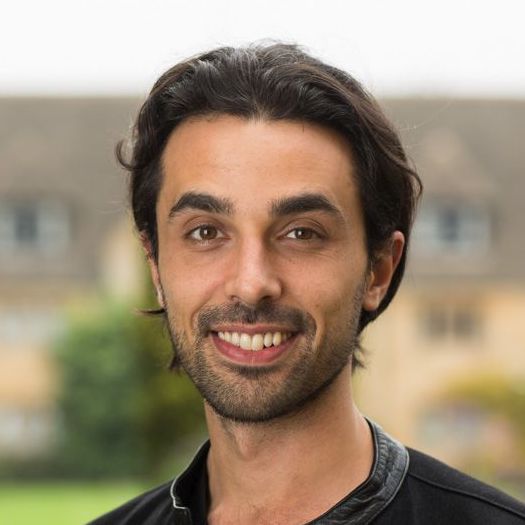
James Laurence
‘Together and apart: dynamics of prejudice and social cohesion at the intersection of ethnic diversity and residential segregation’
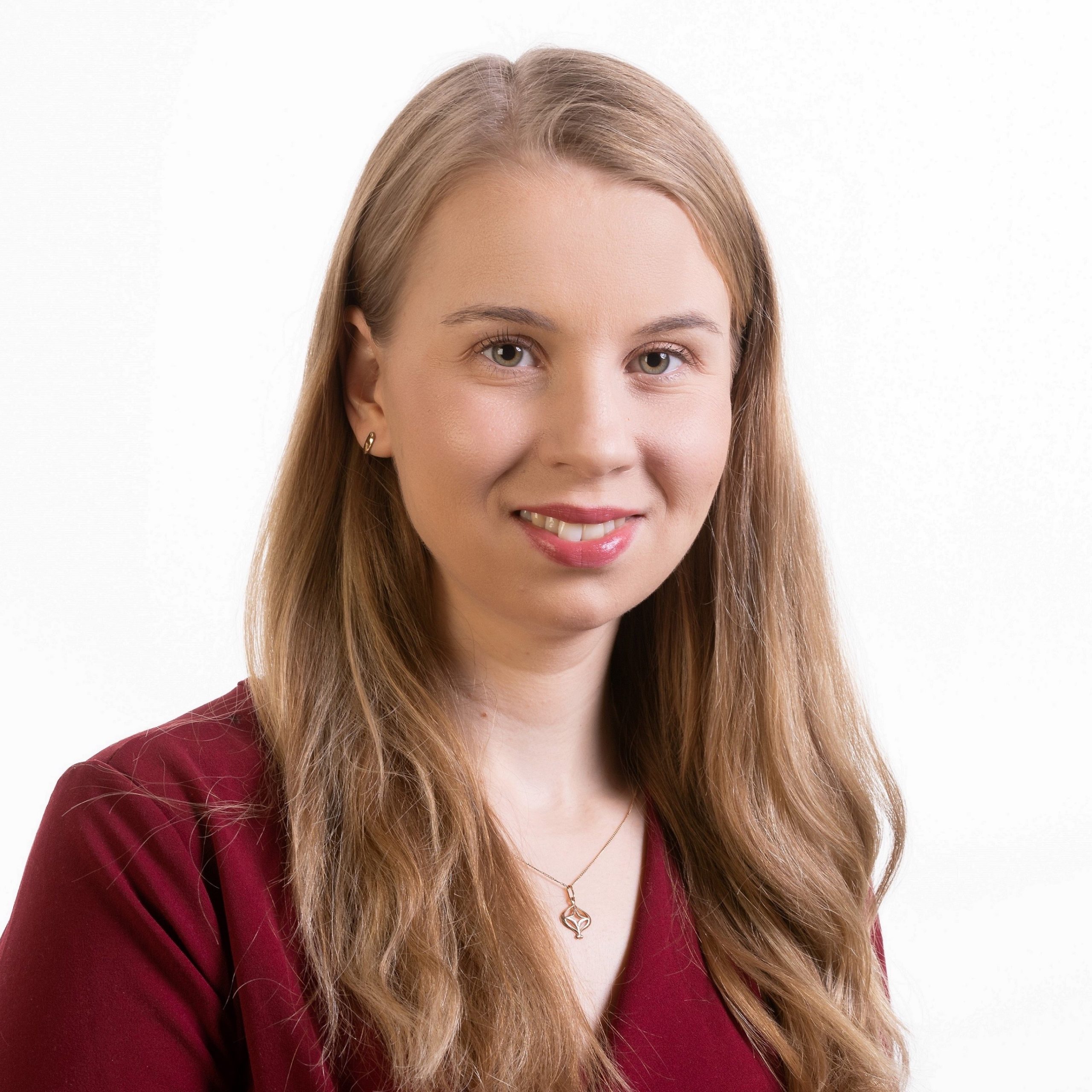
Karin Torpan
‘Newly arrived migrants residential mobility: What are the patterns of exit from low-income neighbourhoods and rental sector?’
Panel on segregation in education
Speeches and panel discussion on segregation in education

Hanno Kruse
‘Ethnic segregation in secondary schools – why is it so persistent and what can we do about it?’
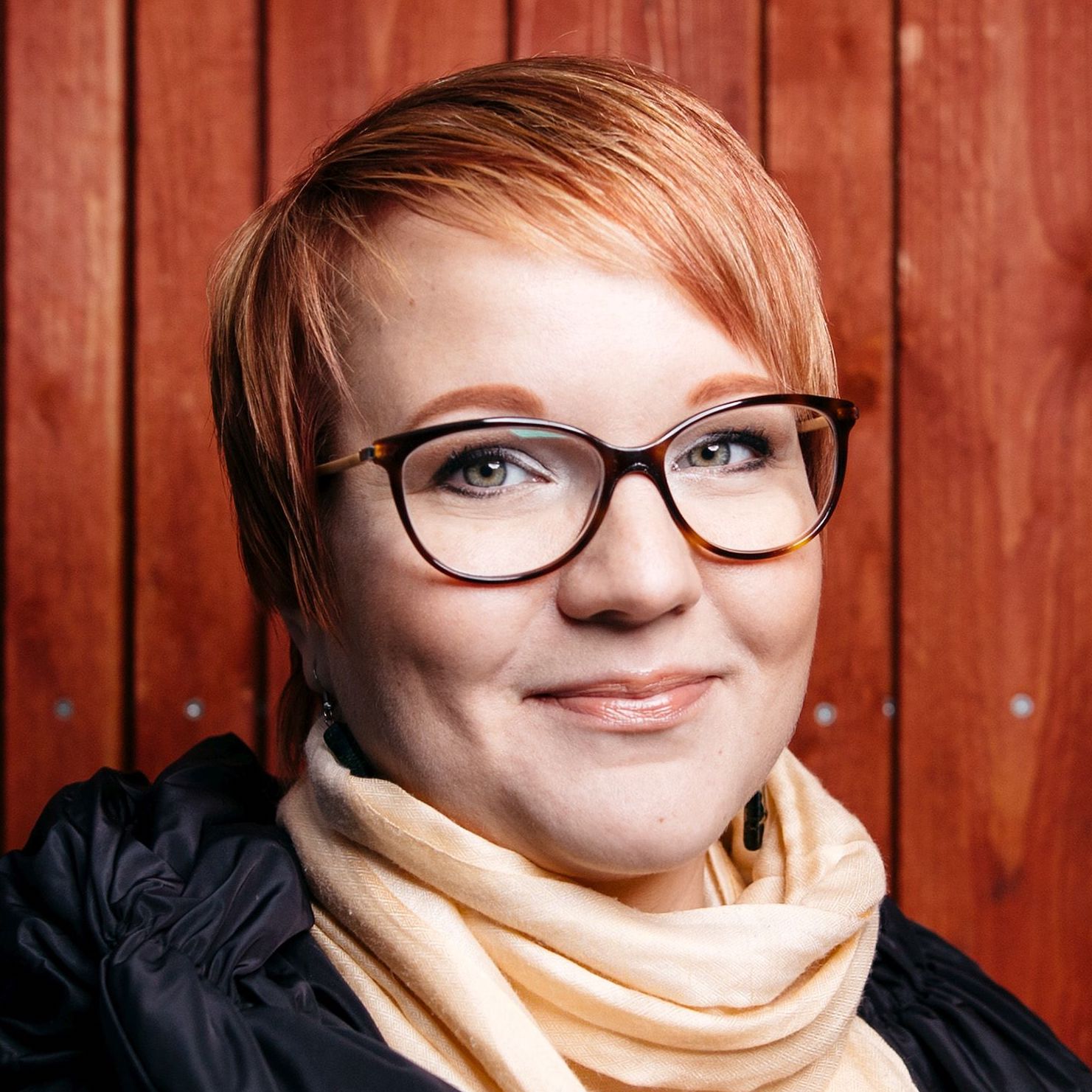
Venla Bernelius
‘Living together, learning apart? Socially mixed neighbourhoods, school segregation and residential mobility in Finnish cities’
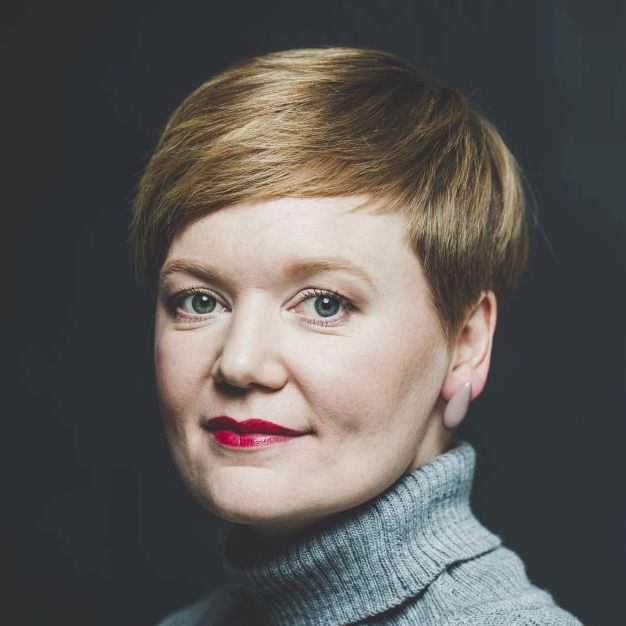
Laura Kirss
‘Segregation in education and the lessons to keep in mind in the administrative organisation of Ukrainian students’
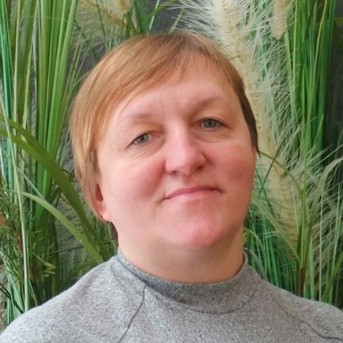
Natalja Mjalitsina
‘The experience of Räägu (Ukrainian children’s) school experience – The values’
The Ene Hion Foundation Annual Scholarship Laureate Announcement
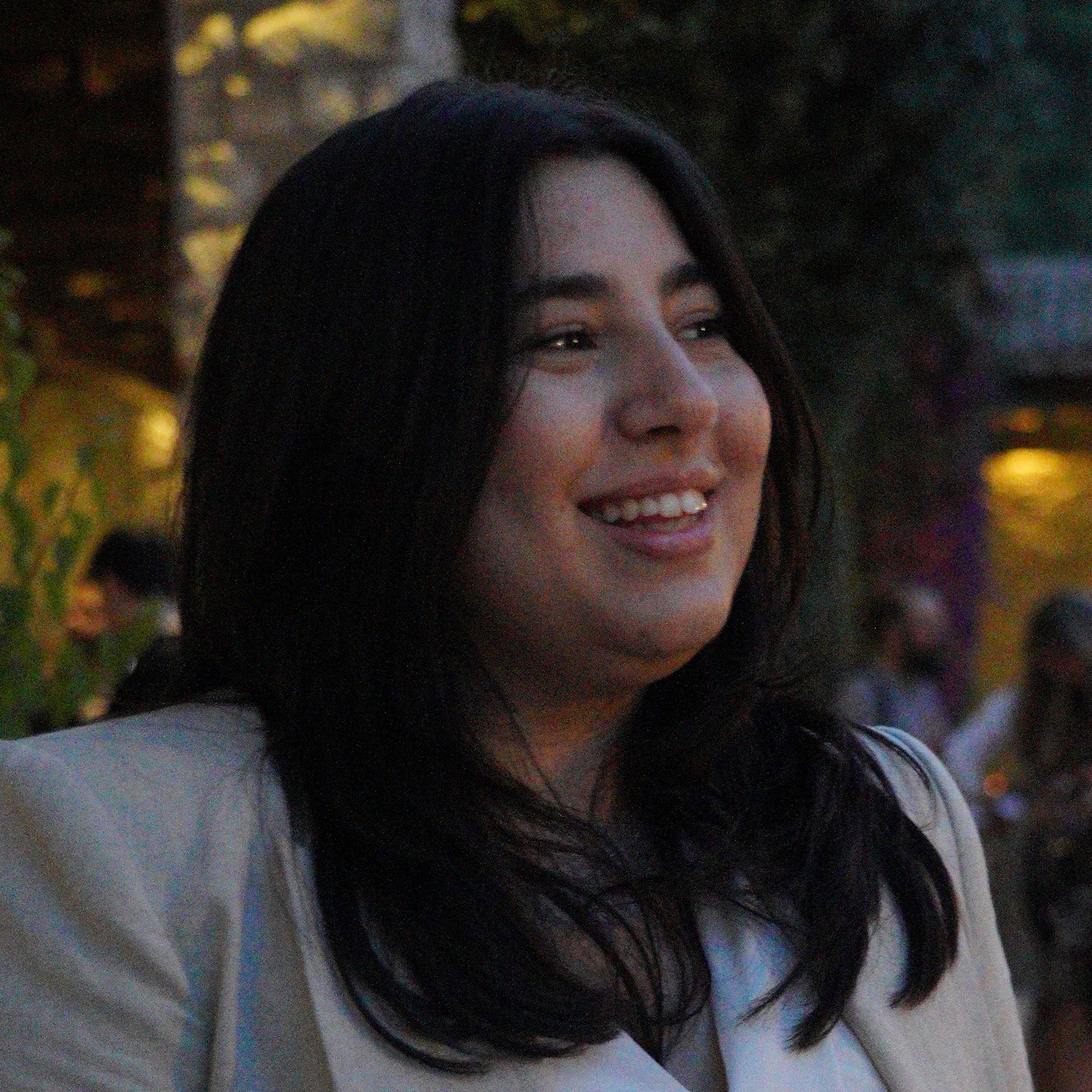
Artemisia Nikolaidou
‘Research on services for reception & integration of Third Country Nationals in the EU – WELCOME Project’
Panel on the subject of diaspora
Speeches and panel discussion on the subject of diaspora
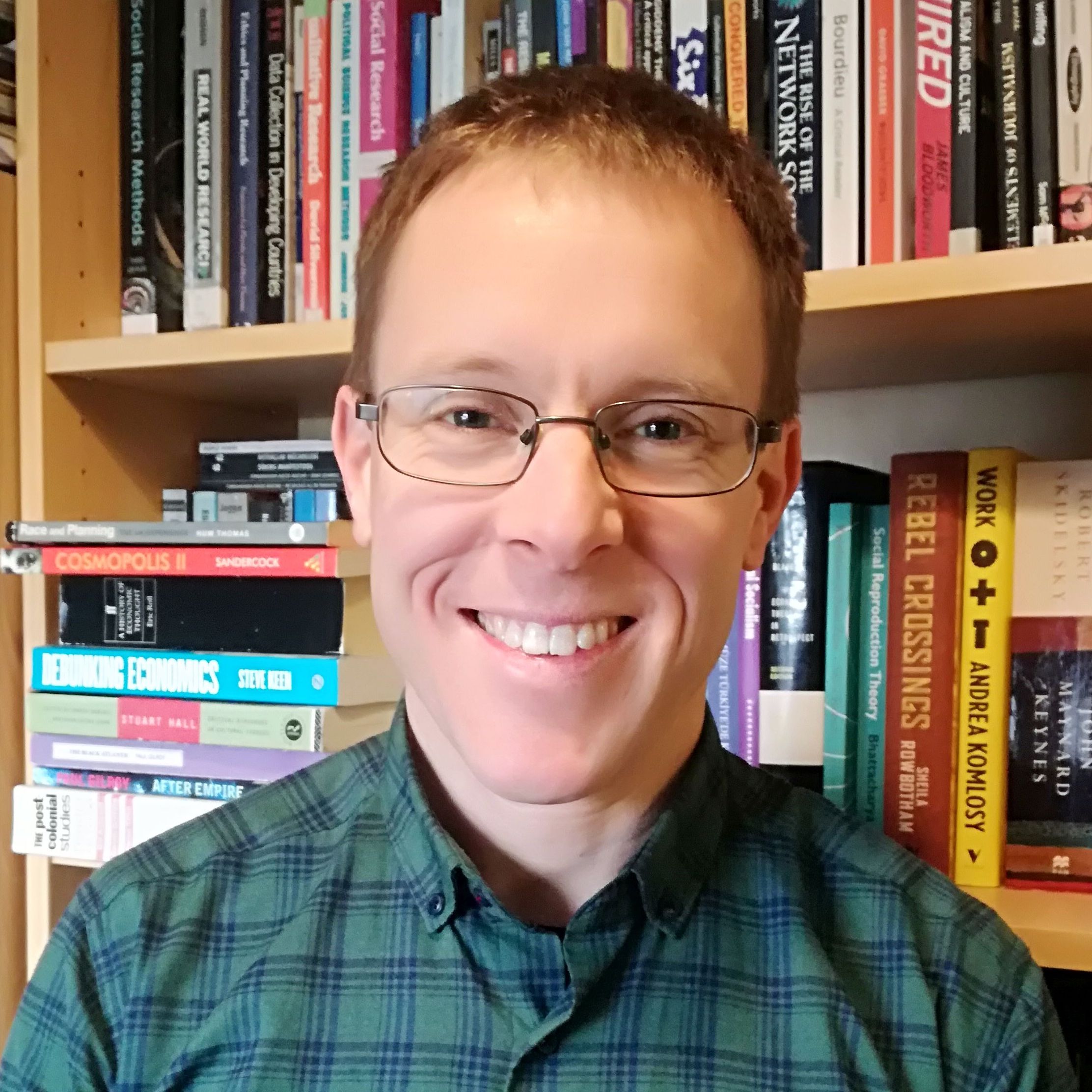
Richard Gale
‘Stubborn continuities: Towards a Critical Race Theory perspective on ethno-religious segregation and spatial transformation in the UK’
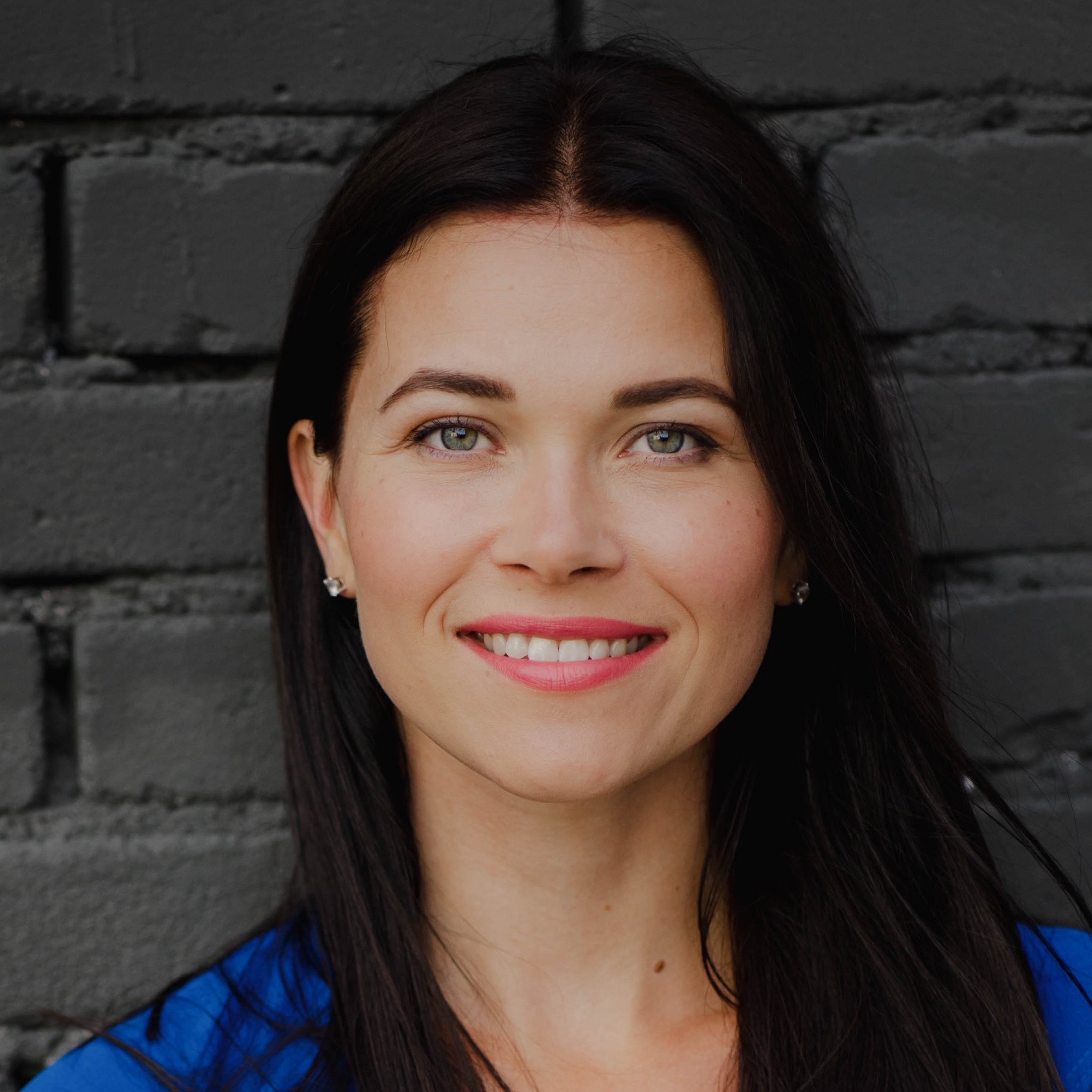
Keit Spiegel
‘Estonians abroad are part of the Estonian society’
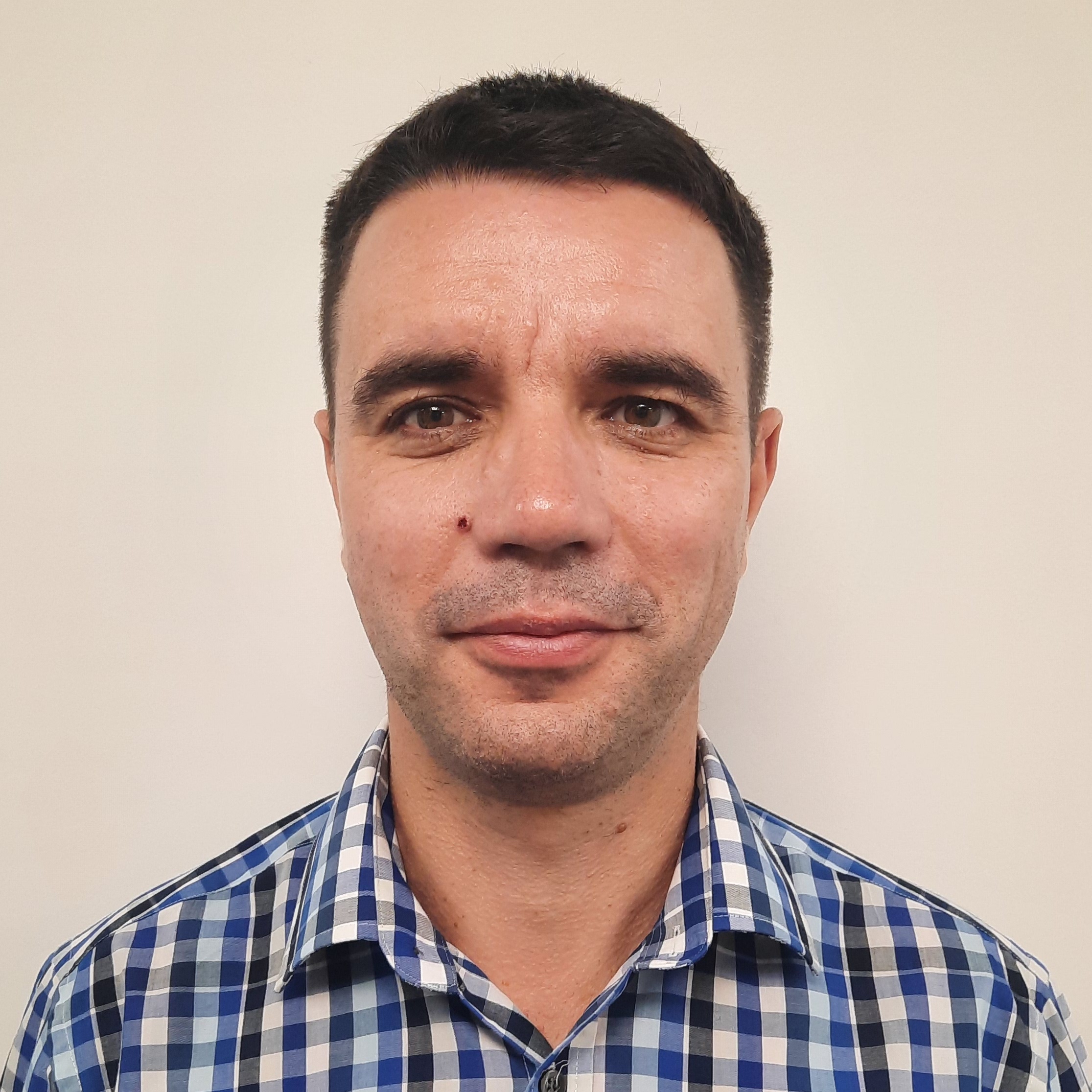
Andrii Rybas
‘Working in Estonia for foreigners. Theory and personal experience’
Fourth panel
Speeches and panel discussion
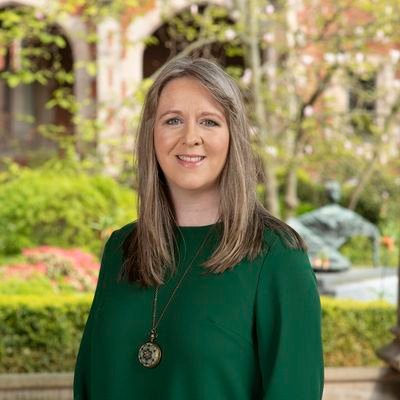
Gemma Catney
‘Integrated households, integrated neighbourhoods? Mixed ethnicity households and neighbourhood change in England’
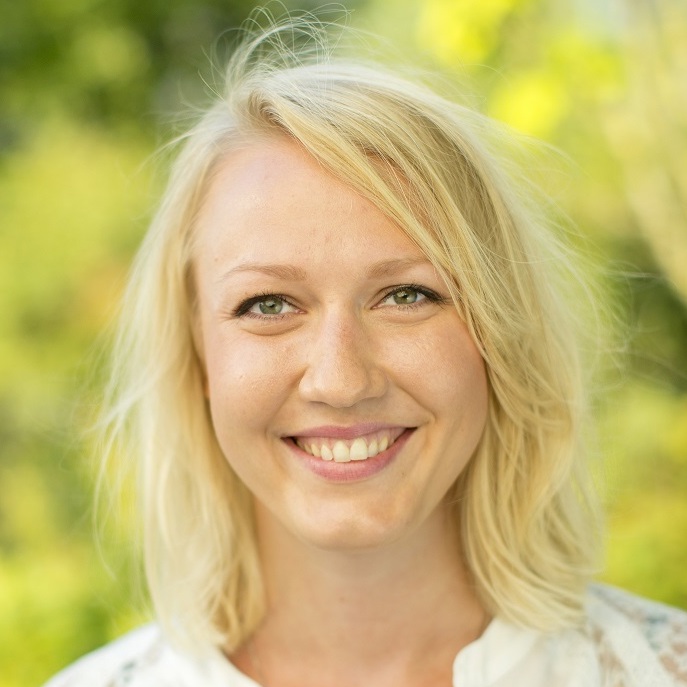
Kati Kadarik
‘Daily Mobility Patterns: Reducing or Reproducing Inequalities and Segregation?’
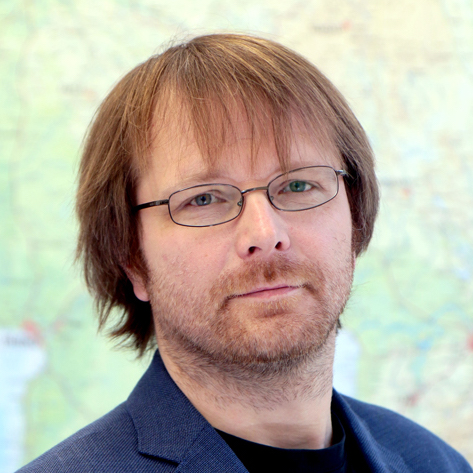
Anto Aasa
‘Differences in daily mobility and spatial patterns based on the example of Kalamaja and Priisle residents’
Political debate
Political debate between Estonian politicians
2021
30 years of integration: success stories, challenges, and unused opportunities
Conference programme and speakers’ abstracts in three languages
Welcoming and opening remarks
Panel on theoretical approaches in integration research
Panel on integration processes in European countries
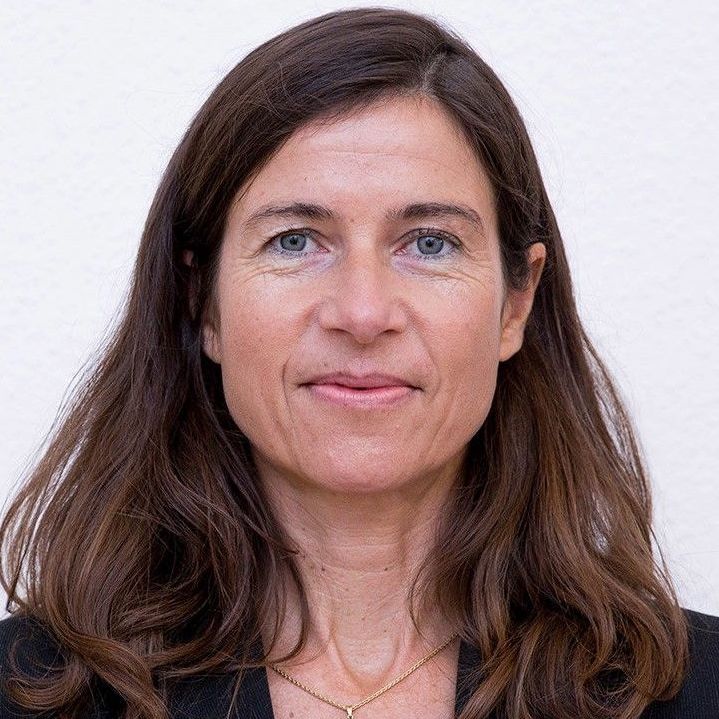
Birgit Glorius
“Integrate us first!”: Integration and Diversity Development in Re-Unified Germany
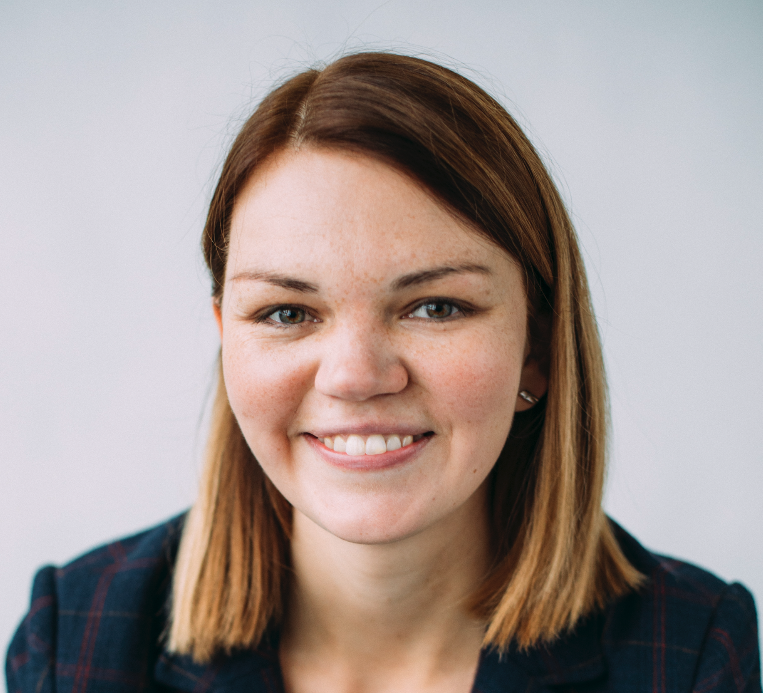
Giedrė Blažytė
“Migration in Lithuania: changing migration patterns and response to them in the three decades since 1991”
Panel on challenges to integration
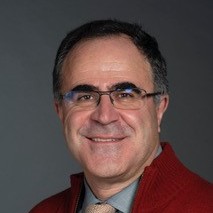
Gianni D’Amato
“Discrimination, the True Challenge to an Inclusive Society. A View from Multicultural Switzerland”
2020
International conference on integration
‘Communication in a Diverse Society: Understanding Each Other Despite Differences’
Conference programme and speakers’ abstracts in three languages
Welcome and opening remarks (Tõnis Lukas & Irene Käosaar)
Panel 1: Media Use, Communicative Practices, Public Discourse, and Their Influence on Integration
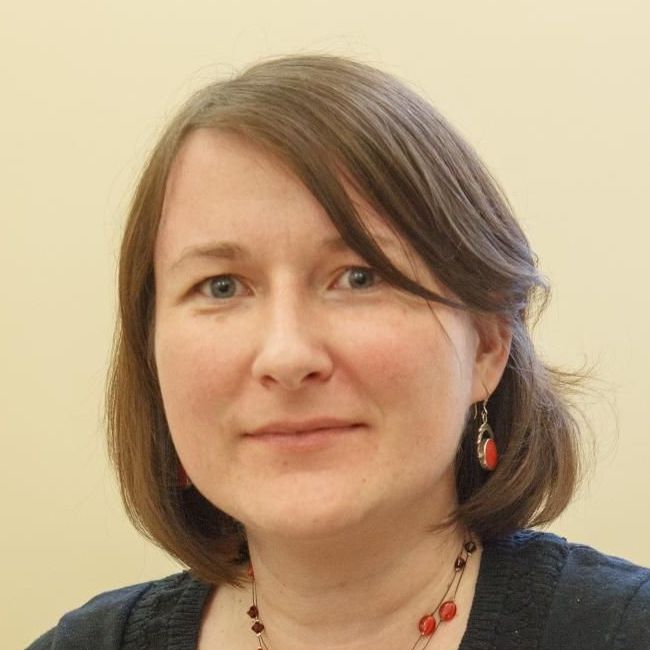
Külliki Seppel
“How Many Media Spaces Are We Living in? Changes in the Media Use and Information Fields of Estonian Residents Based on 20 Years of Data from Integration Monitoring”
Follow-up discussion:
“Media Use, Communicative Practices, Public Discourse, and Their Influence on Integration”
Panel 2: Adaptation of Newcomers and Building Trust
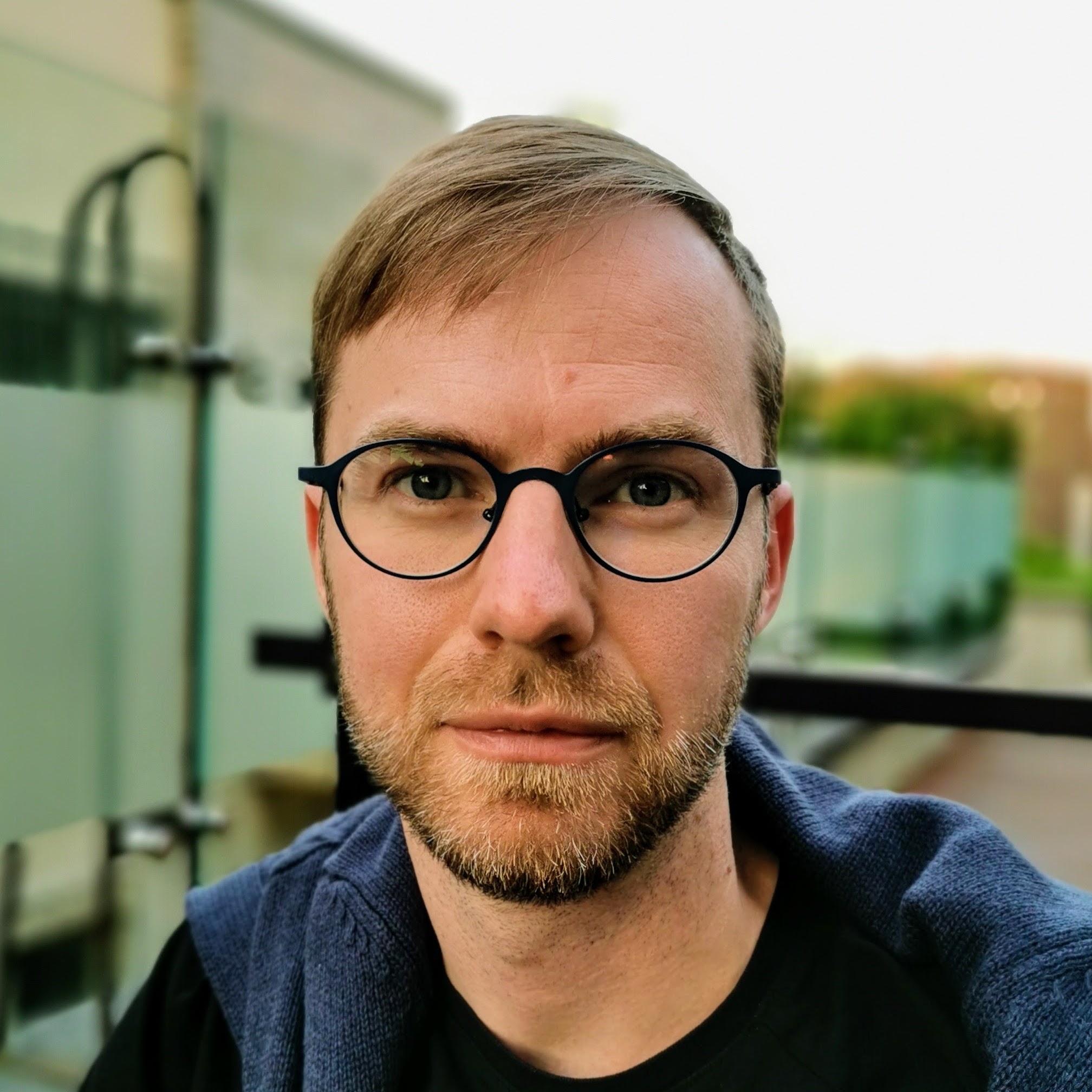
Marko Uibu
“Opportunities for Supporting the Social Contact and Sense of Community of New Arrivals in Estonia”
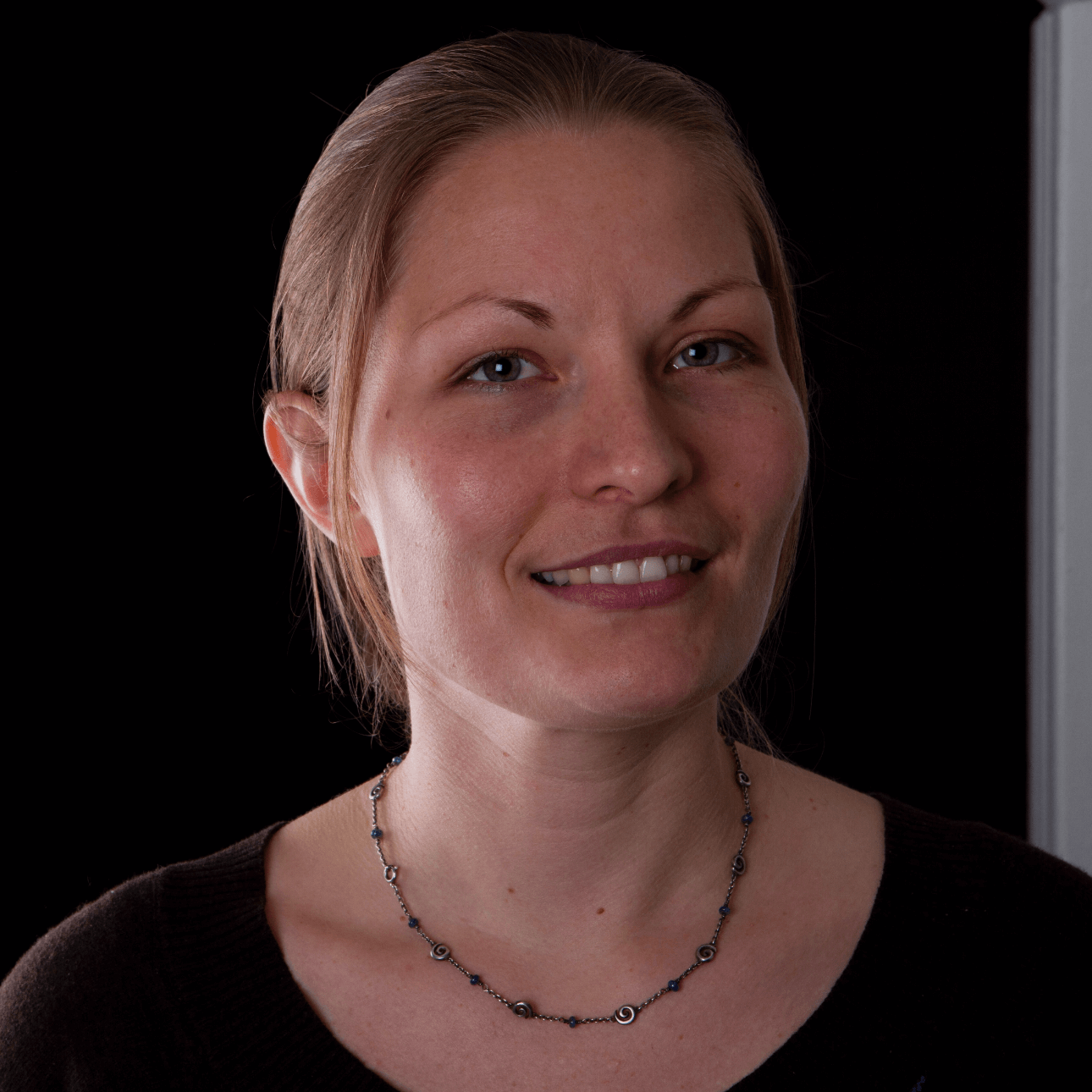
Nina Grønlykke Mollerup
“Navigating Trust – On Reconfiguring the Danish-Swedish Border Through Migrants’ Digital Practices”
Panel 3: Communicating with Various Groups in Society in Times of Crisis
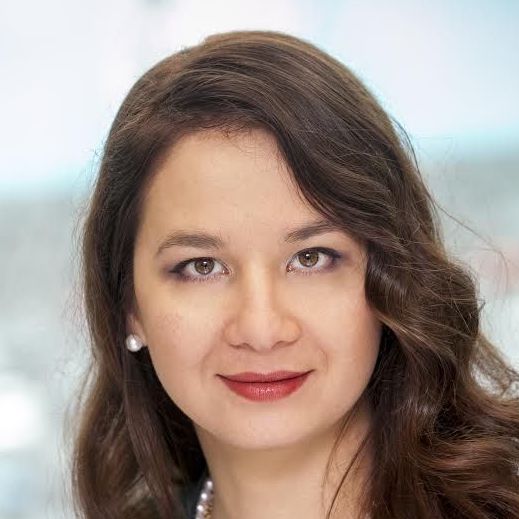
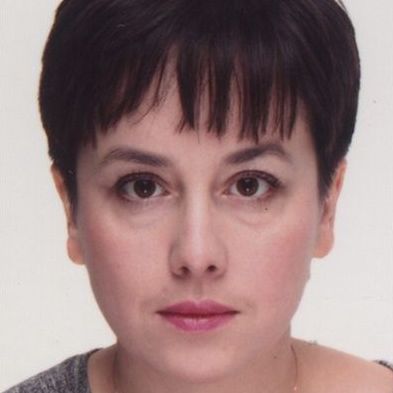
Marianna Makarova & Jevgenia Värä
“Russian-Language Communication During the Coronavirus Crisis: Lessons to Be Learnt and Where to Go from Here”
Panel 4: Universities as an Example of Communication between People of Different Nationalities
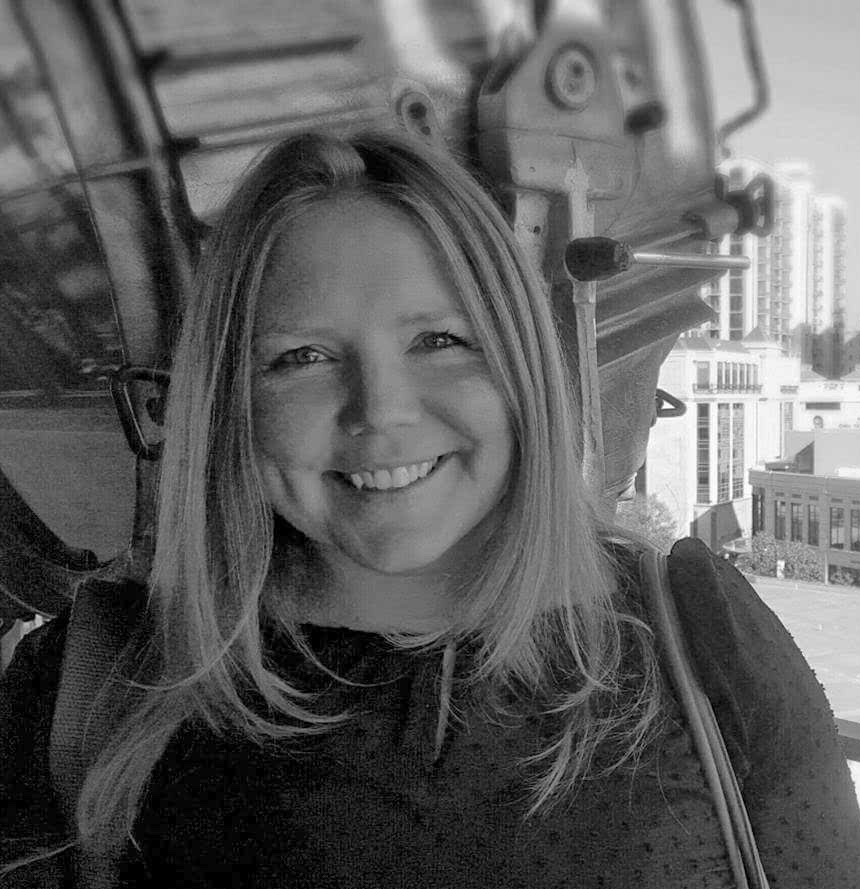
Sasha Hlozek
“Effectively Communicating with a Diverse Audience in International Higher Education”
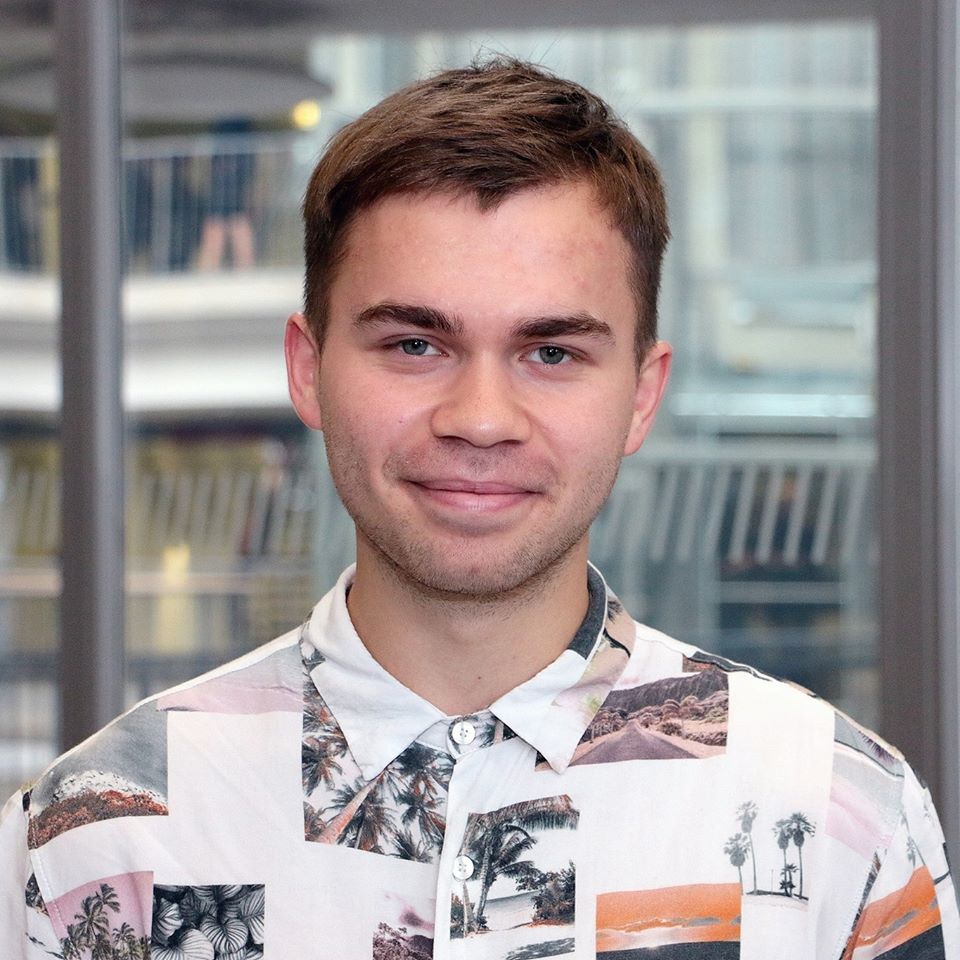
Rein Olesk
“Challenges of the New Era: Keeping the International Network of Tallinn University Informed”
Follow-up discussion:
“Universities as an Example of Communication between People of Different Nationalities”
Panel 5: Political debate between Estonian political parties
Workshops
NGO Mondo
“Should we try to change people’s attitudes towards migration, and if so, how?” (in Estonian)
GameClub
“Educational communication games as the primary method of developing integration-facilitating skills” (in Estonian)
Estonian Youth Council
“Communication and target audience – how to create a clear message that people understand?” (in Estonian)
2019
International conference on integration
“Shared Language: Integration Through Multilingualism”
Conference programme and speakers’ abstracts in three languages
Welcome and opening remarks
Panel 1: Prevalence of English as a challenge to multilingualism
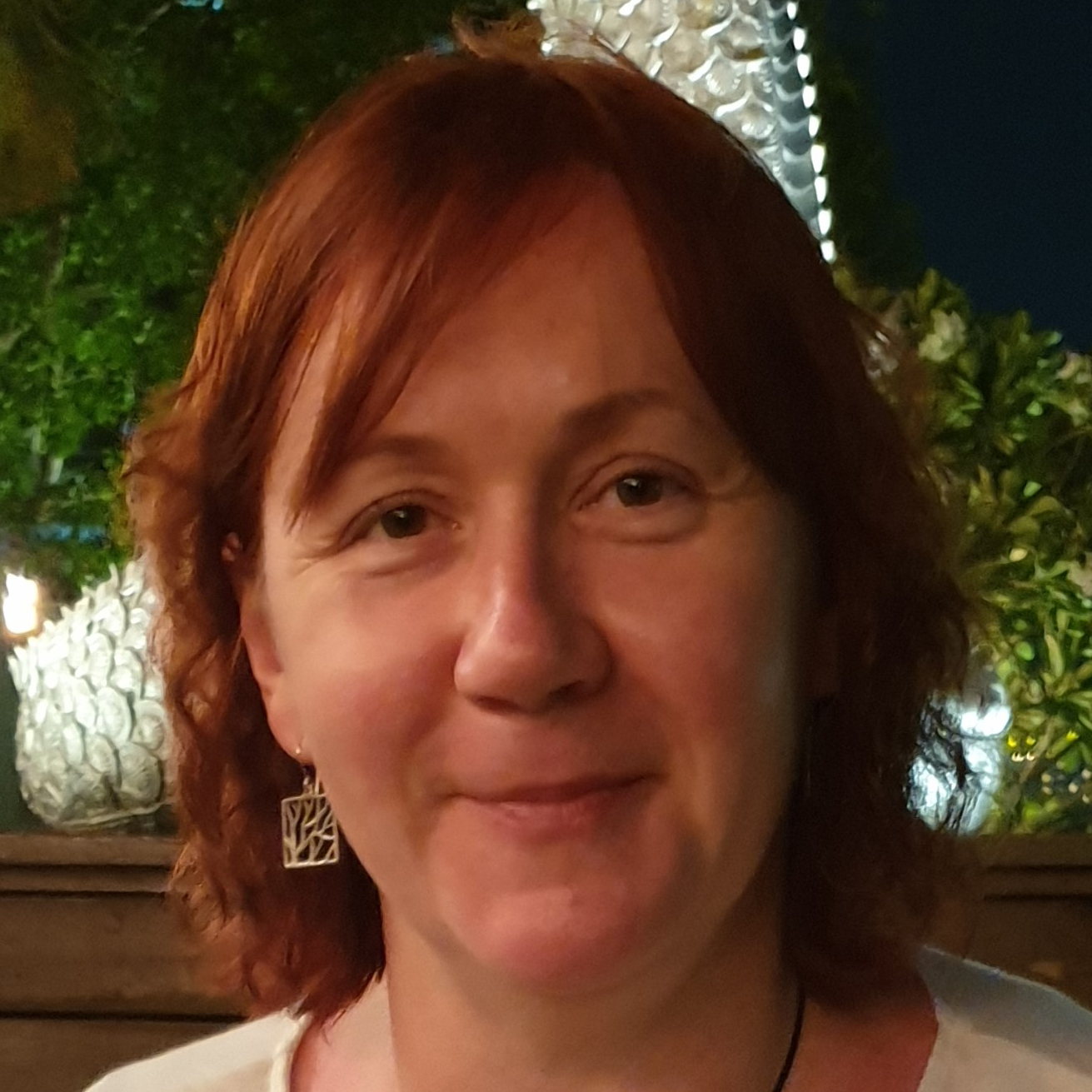
Sanita Lazdiņa
Language as a Value: from Languaging to Translanguaging in a Multilingual Society
Panel 2: Multilingualism, identity and integration
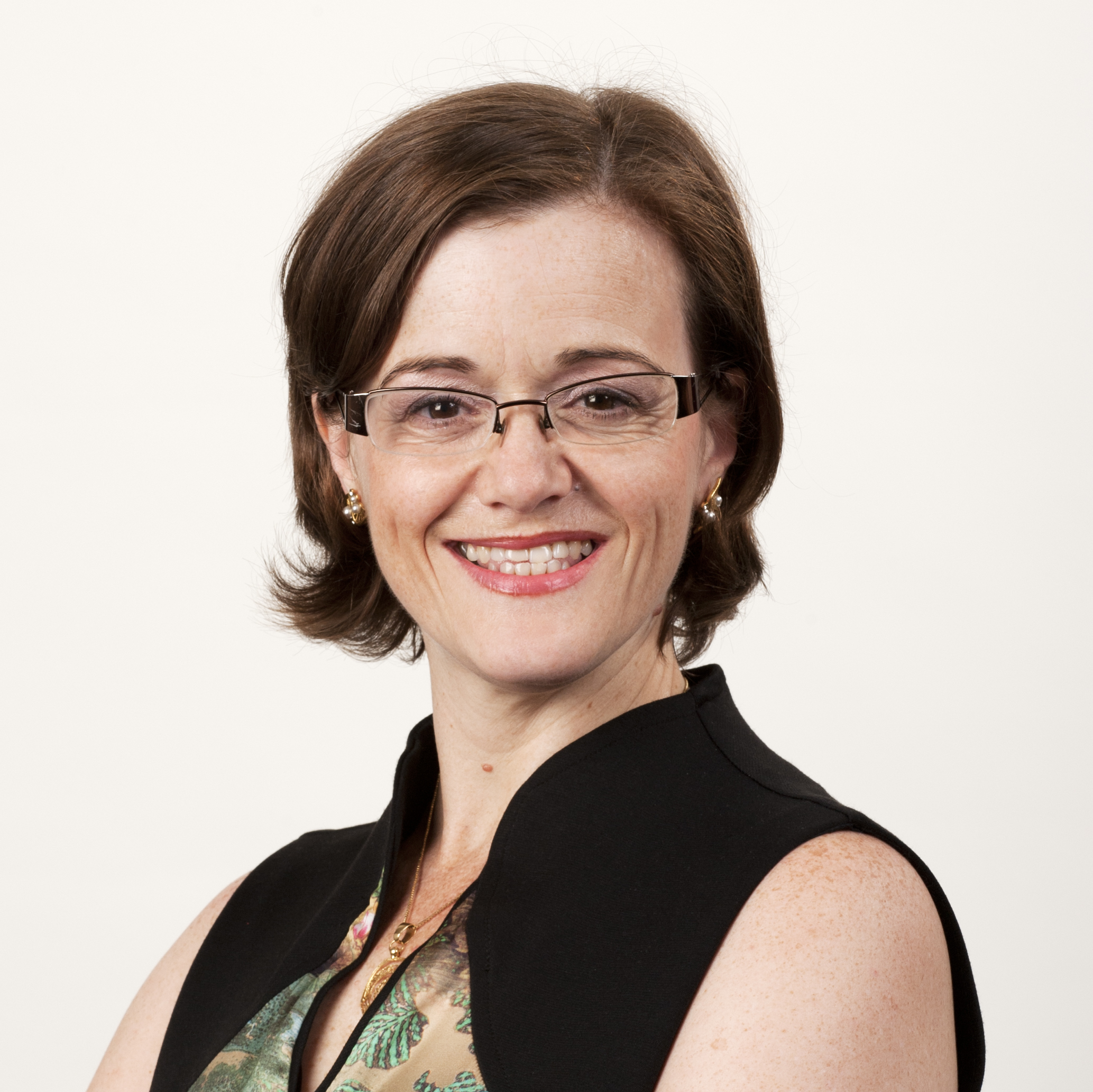
Nayr Correia Ibrahim
Multilingual-identity turn: developing a multilingual set within a language rights perspective
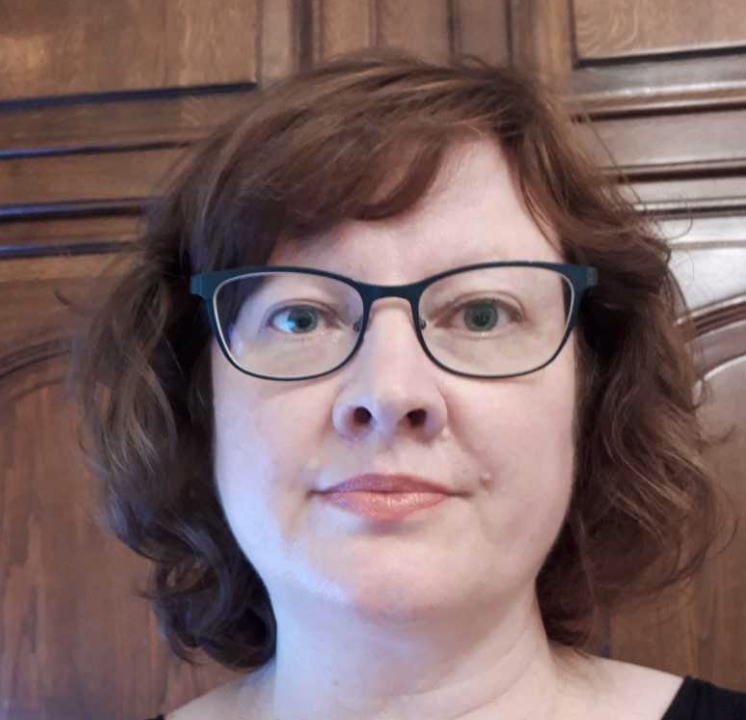
Sari Pöyhönen
Official bilingualism, monolingual integration training and multilingual lives – challenges for integration policies

Elin Thordardottir
Multilingual adolescents in two distinct language environments: Effects of exposure, utility, language policy, identity and attitudes
Panel 3: Multilingualism in education – policy, threats and opportunities

Theo Marinis
Language development in multilingual children and challenges as well as opportunities for educational systems
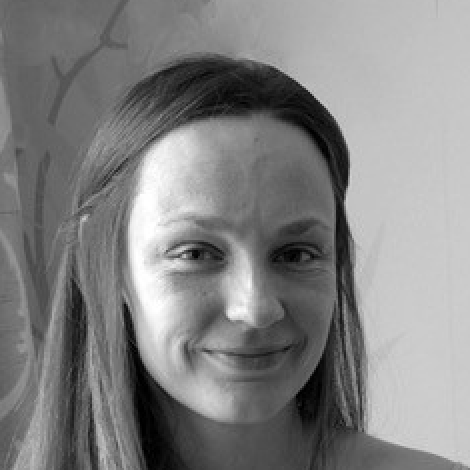
Kerttu Rozenvalde
Multilingual language use and ideology of One Language at a Time: Insights into language issues in higher education
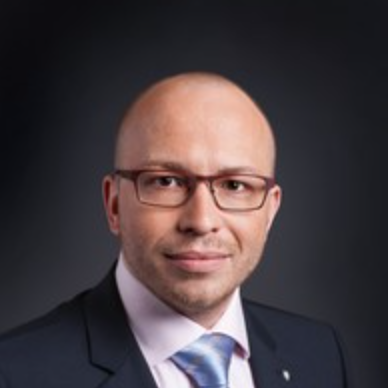
Václav Velčovský
Keynote speech “The Czech Republic – Towards New Challenges in Language Education”
Panel 4: Integration through multilingual education
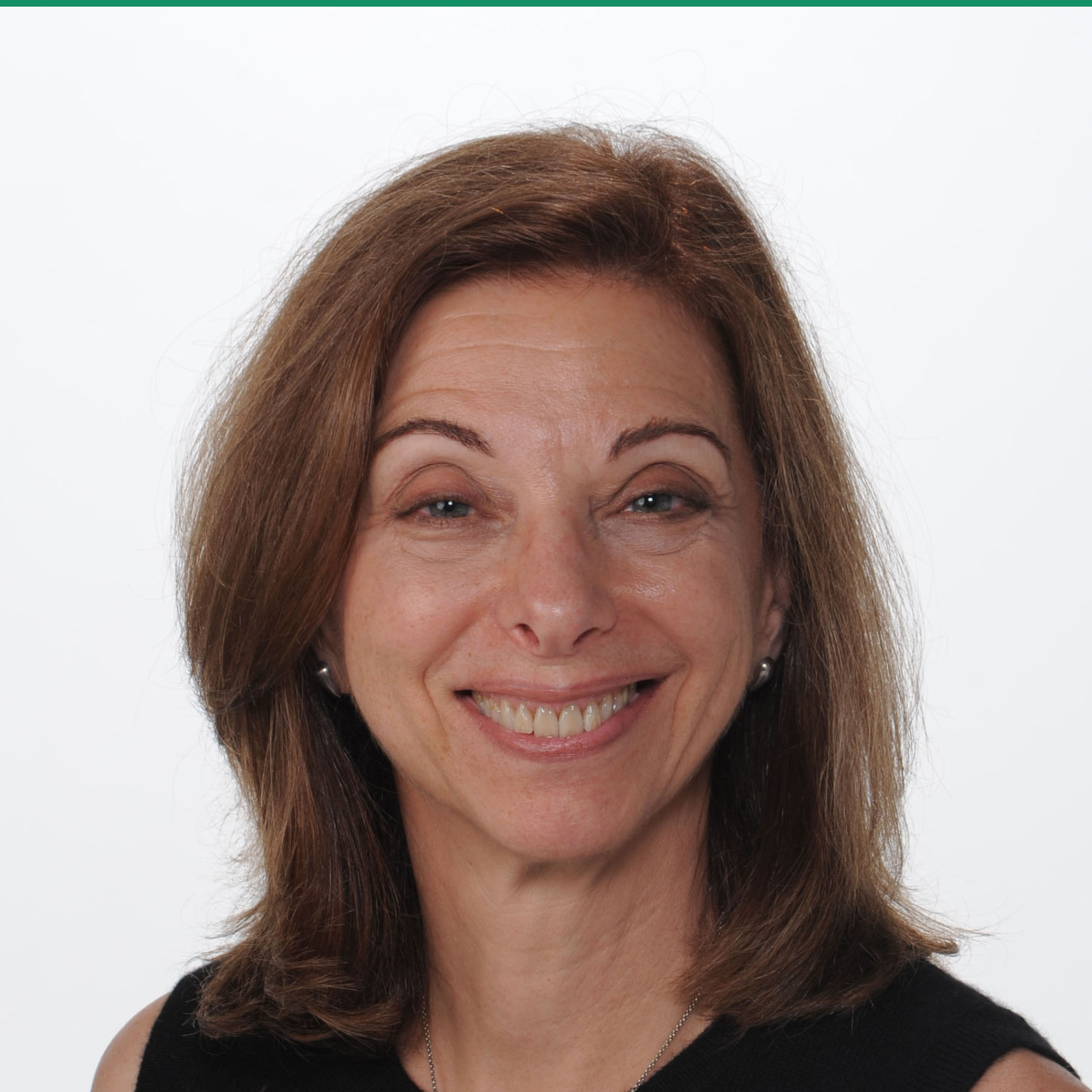
Erika Hoff
The nature of dual language skills children at the time of school among children from minority language homes
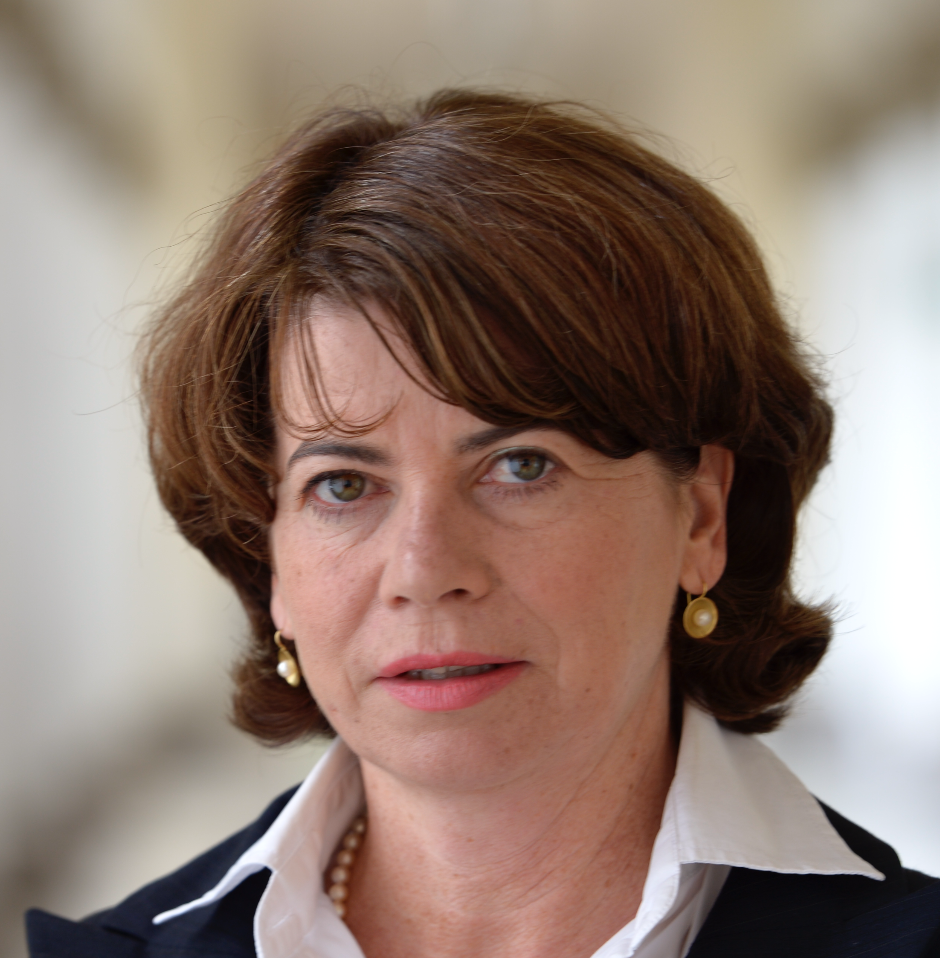
Claudia Maria Riehl
Why multilingual education makes a difference: Educational programs and their contribution to integration
Panel 5: Political debate between Estonian political parties
Workshops

Monika S. Schmid
First language attrition and professional re-immersion (in English)
Ministry of the Interior
What is on Your mind, Family migration? (in English)
“Transvaal”
Kristina Norman’s video and discussion (in Estonian/Russian)
Ministry of Culture
“Integrating Estonia 2030” (in Estonian, simultaneous translation to English)
2018
International conference on integration
“Shared language: integration through multilingualism”
Mr Indrek Saar
Welcome and opening remarks
Irene Käosaar
Welcome and opening remarks
Piret Hartman
Welcome and opening remarks

Professor Dr. David Laitin
Keynote speech “Multidimensional Measure of Immigrant Integration”
Panel 1: Culture, values and common national identity – What makes a country a home for everyone?

Prof. Dr. Keith Banting
A Home for Everyone? – Multiculturalism and Integration in Contemporary Democracies
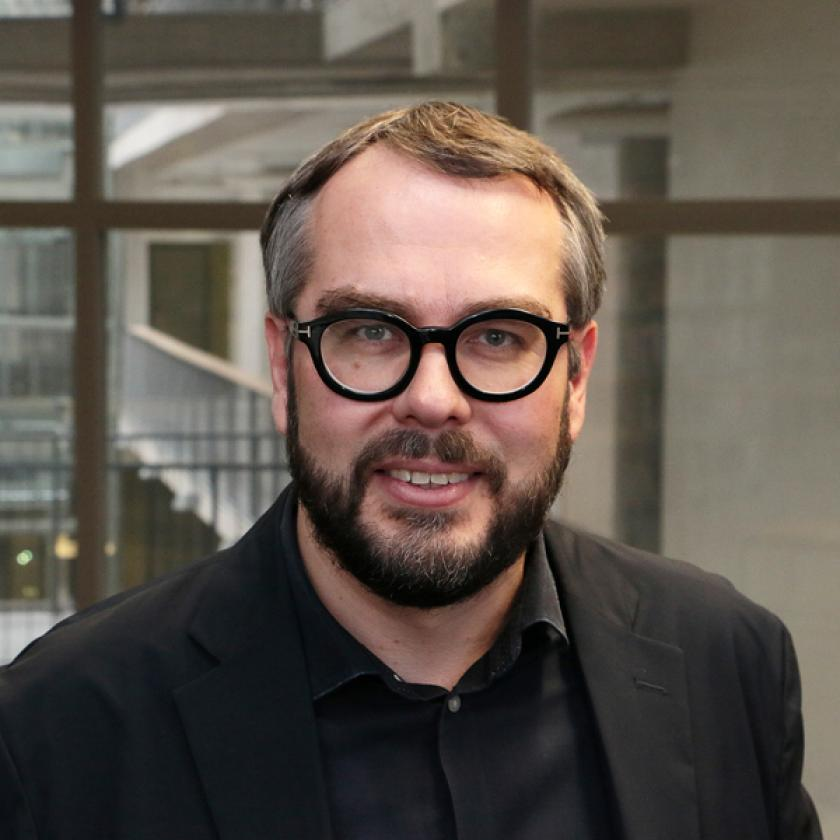
Prof. Dr. Marek Tamm
What unites us in Estonia? Or, how to build a multi- and transcultural society in Estonia?
Follow-up discussion:
Culture, values and common national identity – What makes a country a home for everyone?
Panel 2: Baltic 100 – the possibilities of multicultural and multilingual education system
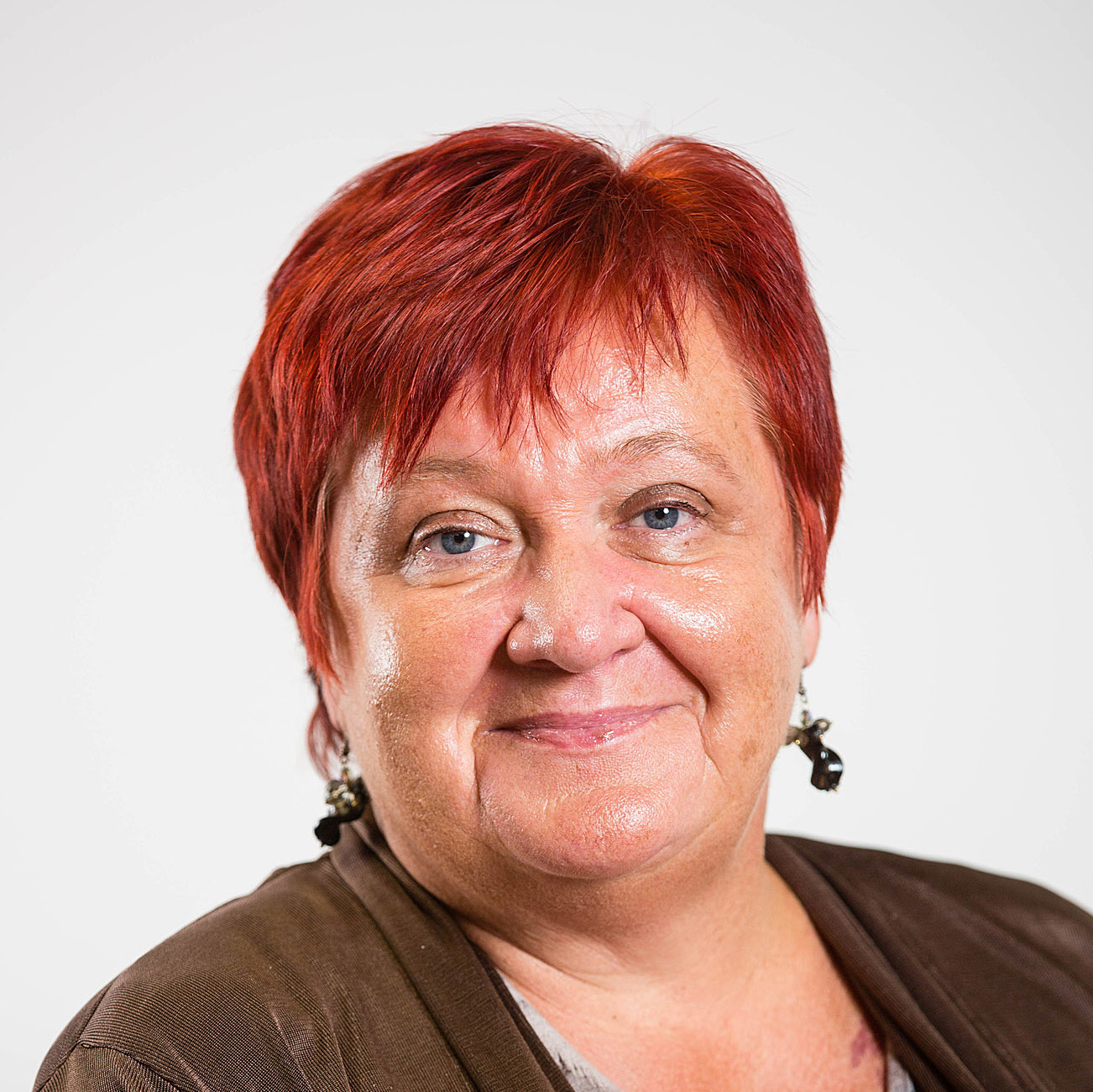
Piret Kärtner
Baltic 100 – the possibilities of multicultural and multilingual education system
Follow-up discussion:
Baltic 100 – the possibilities of multicultural and multilingual education system
Panel 3: Diversity and inclusion at the labour market – what does it give and how to reach it?
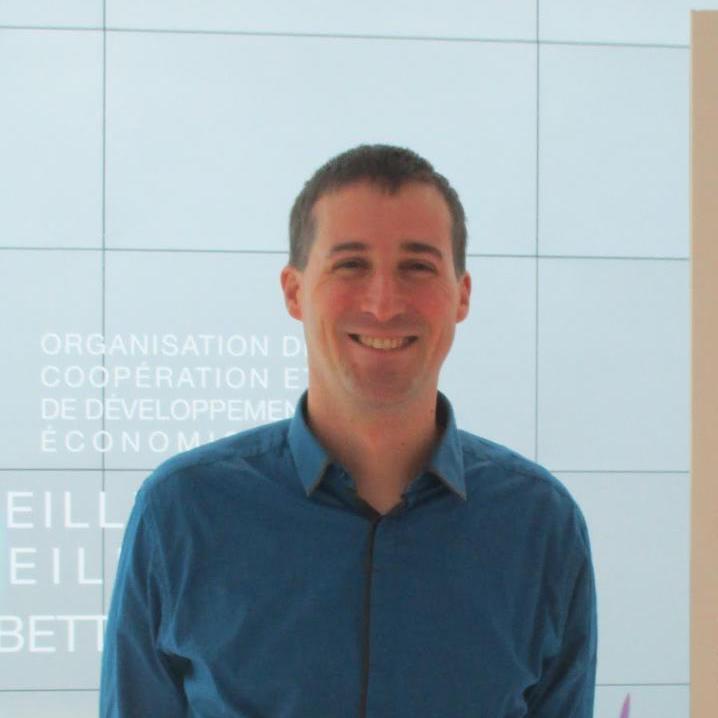
Yves Breem
Labour market integration of immigrants and their children in Estonia and other EU countries
Follow-up discussion:
Diversity and inclusion at the labour market – what does it give and how to reach it?
Welcome remarks of the Prime Minister of Estonia Jüri Ratas
Panel 4: What helps to create an inclusive civil society?
Panel 5: “The influence of media on integration and how to cope with it?”
Debate of representatives of different political parties in Estonia; Jevgeni Ossinovski (Social Democratic Party), Mihhail Kõlvart (Estonian Centre Party), Viktoria Ladõnskaja-Kubits (Isamaa), Laine Randjärv (Estonian Reform Party), Neeme Kuningas (Estonian Free Party), Züleyxa Izmailova (Estonian Greens), Helen Lemming (Biodiversity Party), Kristina Kallas (Estonia 200)
Panel 6: Common information space – what role it plays for state, community, an individual?

Olga Proskurova
Where to Create Together: In Search of Shared Spaces for Innovative Media Production
Follow-up discussion:
Common information space – what role it plays for state, community, an individual?
Workshops
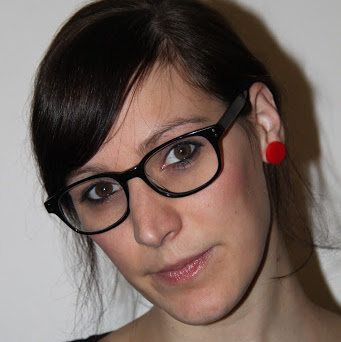
Tereza Freidingerova Ph.D.
The empowerment of youth: a tool to improve the relationship between majority and minority and strengthen the cohesion of the society
Victoria Preston, Igor Merheim-Eyre Ph.D.
Bridging the Narrative Gap Through Culture and Commerce
“Implementation of Integration Strategies: Lessons Learned, Challenges and Solutions” representatives from Moldova, Georgia, Kyrgystan, Estonia, OSCE
2017
Mr Inrdek Saar, Mr Matthias Oel, Irene Käosaar, Piret Hartman
Welcome and opening remarks
Panel 1: Media as a platform for securing shared identity and values in context of cultural, ethnic and religious diversity
Follow-up discussion:
Media as a platform for securing shared identity and values in context of cultural, ethnic and religious diversity
Panel 2: Multicultural and multilingual education supporting integration and cohesion – what defines the thin line between success and failure
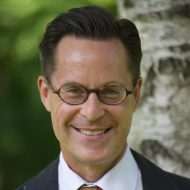
Mika Launikari
Multicultural guidance and counselling seen through the lenses of identification, diversity and career capital
Follow-up discussion:
Multicultural and multilingual education supporting integration and cohesion – what defines the thin line between success and failure
Panel 3: Popular culture as an instrument of shared identity-building – finding the balance between retaining cultural identity and supporting diversity
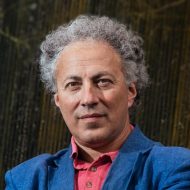
Dr. Marco Martiniello
The slow emergence of a post-racial generation and cultural policies
Follow-up discussion:
Popular culture as an instrument of shared identity-building – finding the balance between retaining cultural identity and supporting diversity
Panel 4: Integrating Estonia: “Still so much to do, places to visit, people to integrate”
Debate of representatives of major political parties in Estonia: Jevgeni Ossinovski (Social Democratic Party), Mihhail Kõlvart (Center Party), Yoko Alender (Estonian Reform Party), Viktoria Ladõnskaja (Pro Patria and Res Publica Union) and Martin Helme (Conservative People’s Party of Estonia).
Panel 5: Civil society as a bridge between policy and practice for advancing social cohesion in ethnically diverse communities
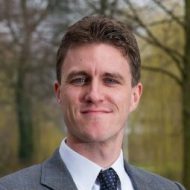
Bob Deen
Striking the balance: HCNM experience with promoting integration of diverse societies
Follow-up discussion:
Civil society as a bridge between policy and practice for advancing social cohesion in ethnically diverse communities
Workshops
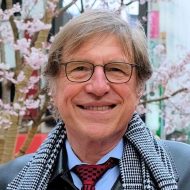
Dr. Milton Bennett
Comparison of acculturation outcomes among Russian minority and native majority in Estonia and Norway

Dr. Mads Nygaard
How to make a network in your local community bringing people together!
Dr. Agnese Hermane, Dr. Egge Kulbok-Lattik, Marianna Makarova
Cultural and sports mega events – what is their role for identity-building and cultural inclusion?
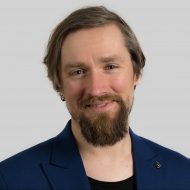
Didzis Melbiksis
Partial truths, the whole truth: reporting on refugee issues in radicalized environment
2016
Panel 1: Radicalization – inevitability or call for action?
Given the changing context of the refugee crisis, increased economic instability, and rise of right-wing discourse; what are the key challenges for ensuring cohesion in increasingly diverse societies? How does increasing migration influence relations between existing cultural and ethnic groups? What are the main drivers of radicalization and how can we as individuals or as part of the society as a whole, prevent politics of fear and polarization from weakening our societies? What are the lessons learned of effective prevention and combating of radicalization?
Panel 2: Culture, religion, history, language – what determines whether these factors divide or enrich societies?
How to reach or maintain unity in the context of historically, culturally, religiously and linguistically diverse societies. What is the role of national identity and identities of minority groups? How should the state interact with people who are seeking for autonomous identity, and with marginalised groups? Research insights on acculturation of Turkish minority in Germany. Policy and program implications from research of Mutual Intercultural Relations in Plural Societies.
Follow-up discussion:
Culture, religion, history, language – what determines whether these factors divide or enrich societies?
Panel 3: What are the benefits and challenges of diversity and inclusion in the labor market?
The role of diversity and inclusion in the workplace is changing. This is primarily due to rapid technological advancements, globalization, immigration, increased demand for skills and education, and in part because of the worldwide effects of an ageing workforce. Globalization also seems to bring common phenomena with it—one of which is migrants being segmented to the darkest sides of the labor market. What are the main drivers of ethnic segregation in the labor market, what are the effective means and best practices of overcoming them? What are the roles and benefits for various stakeholders?
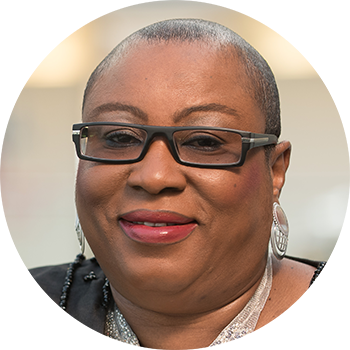
Prof. Uduak Archibong MBE
Leadership role in promoting diversity and non-discriminating workplaces
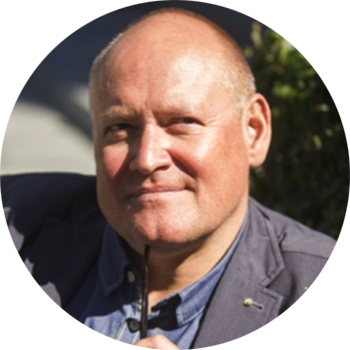
Mr. Raivo Vare
Shrinking workforce pool and challenges of development of the Estonian economy
Follow-up discussion:
What are the benefits and challenges of diversity and inclusion in the labor market?
Panel 4: The role of civil society in supporting diversity at grass-root level
What is the role of civil society in supporting integration in the society? When does diversity become a challenge? What part does it play in facilitating cooperation of different stakeholders – the state, local municipalities, private enterprises, individuals – for the benefit of common goal? What are the examples of initiatives efficiently resolving problems and addressing acute needs?
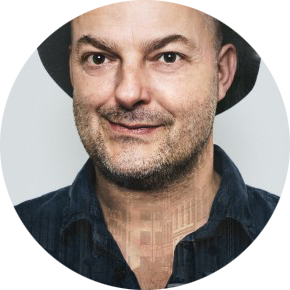
Mr. Mads Nygaard
How did an old storage room and the people in it turn into the fastest growing movement in Denmark completely changing the landscape of integration?
Panel 5: Cultural diversity and cultural learning in education
What impact is increasing cultural diversity having on the education system? What are some of the main challenges when addressing cultural and religious diversity in the education sector? What is the role of the education system in facilitating peaceful and inclusive intercultural relations in society? Studying together or studying apart? Pluses and minuses of Estonian current system of Russian and Estonian-language schools.
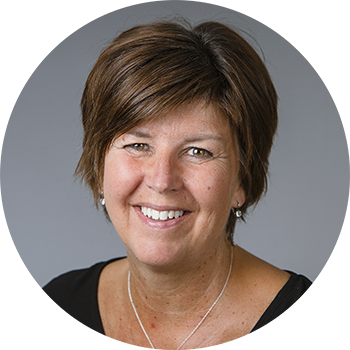
Dr. Katarina Norberg
Intercultural Education in Turbulent Times. Challenges and possibilities
Workshops
Russian minorities and Russian migrants – integration challenges and perspectives in Estonia and Norway
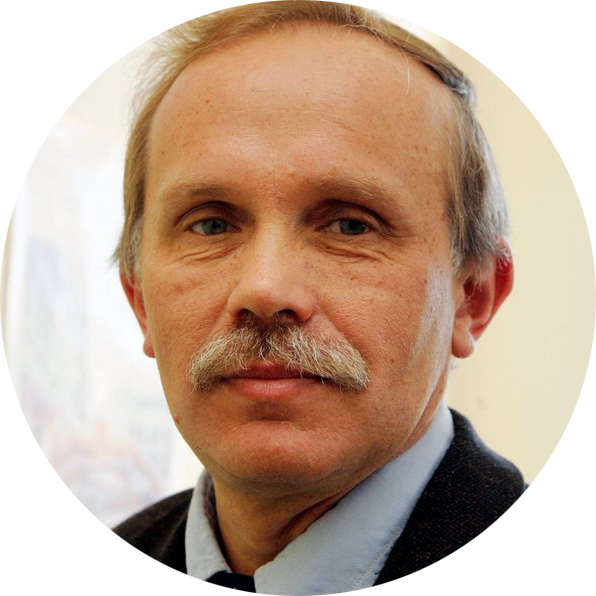
Prof. Raivo Vetik
Comparison of acculturation outcomes among Russian minority and native majority in Estonia and Norway
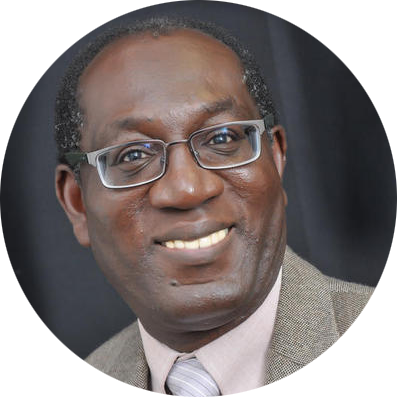
Prof. David Lackland Sam
Examining the multiculturalism hypothesis in Norway among Russian-speaking immigrants and ethnic Norwegians
Radicalisation – responsibility of immigrants or local community members?
Culture, identity and multiculturalism
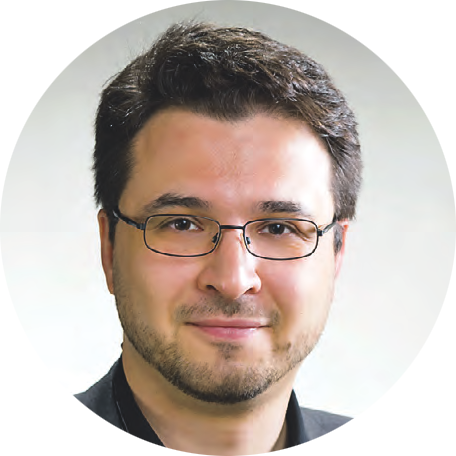
Petr Potchinshtshikov
Comparing aspects of multiculturalism and interculturalism as inseparable elements of integration process
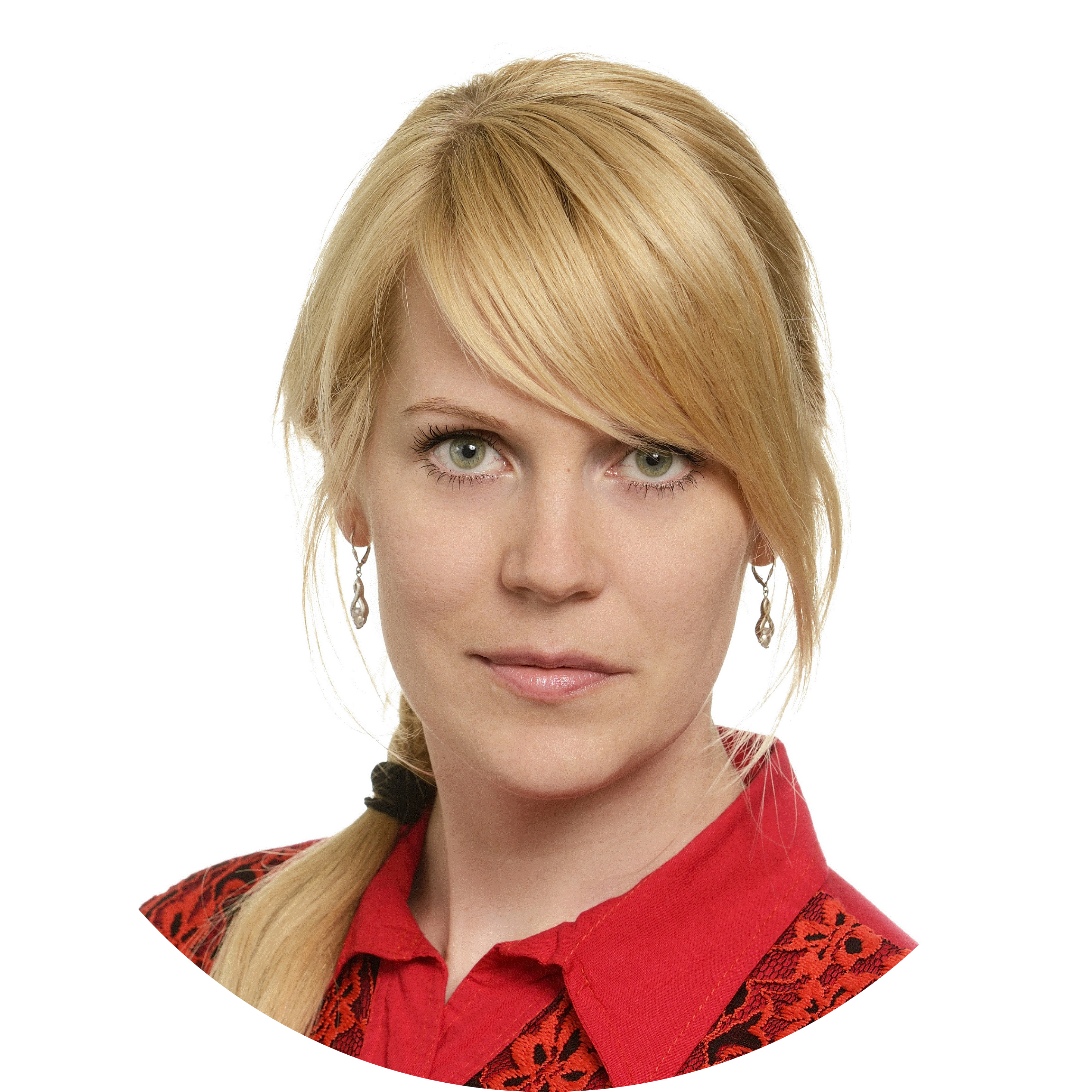
Marianne Leppik
Ways of self-positioning through the reception of news among Estonian Russian-speakers
Segregation at Estonian labour market – challenges and opportunities

Prof Uduak Archibong, Prof Nazira Karodia
Inclusive leadership to support diversity in education sector
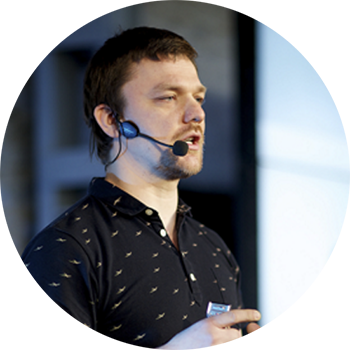
Aleksei Razin
How to develop intercultural competence through non-formal learning methods?

